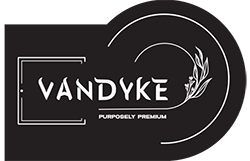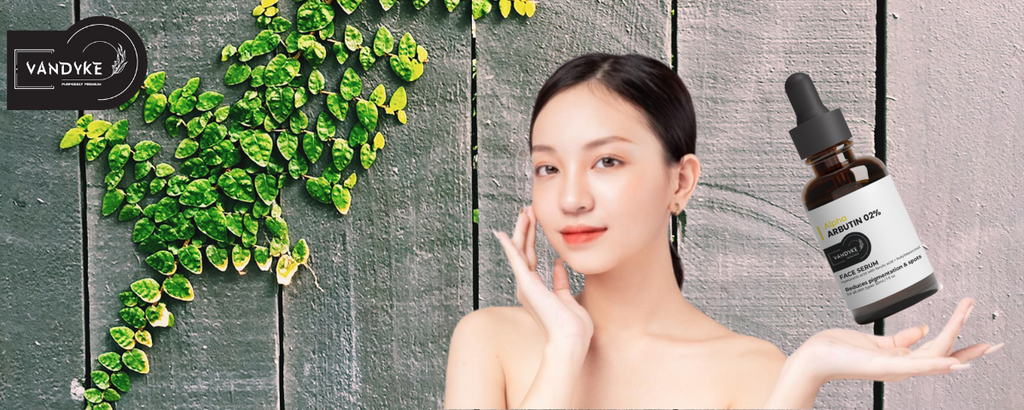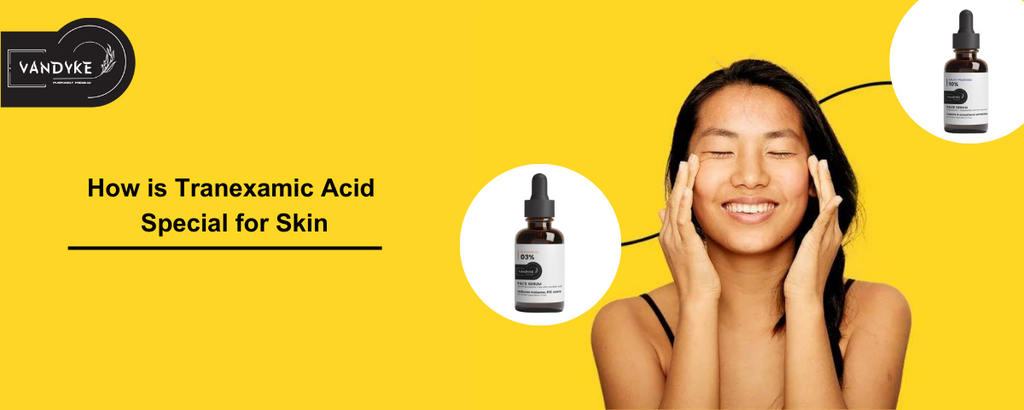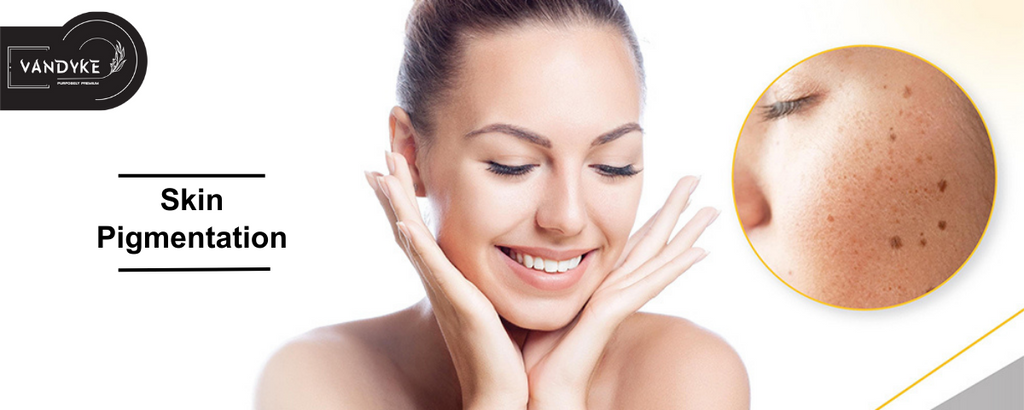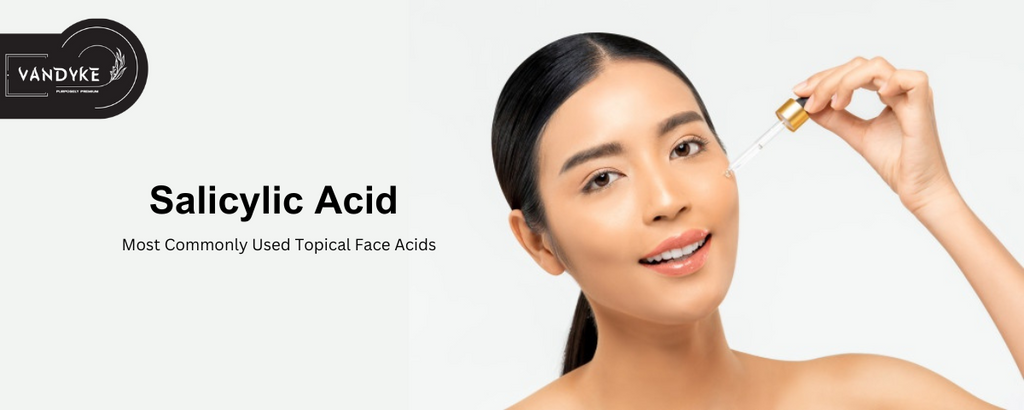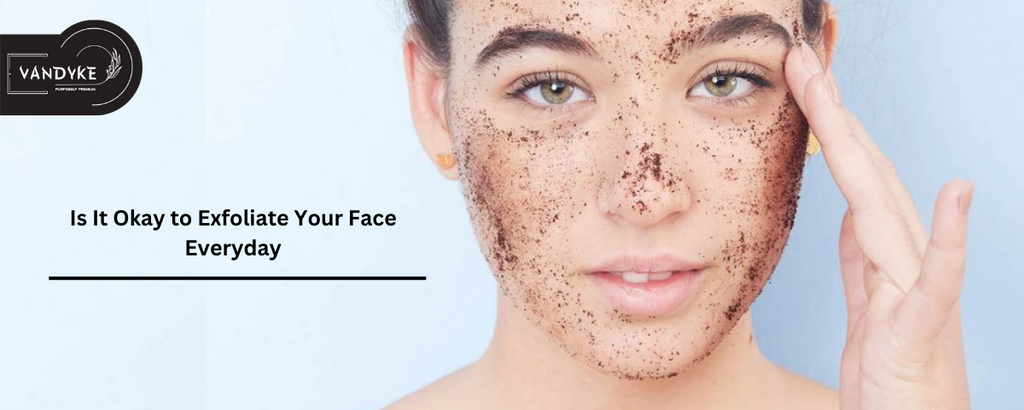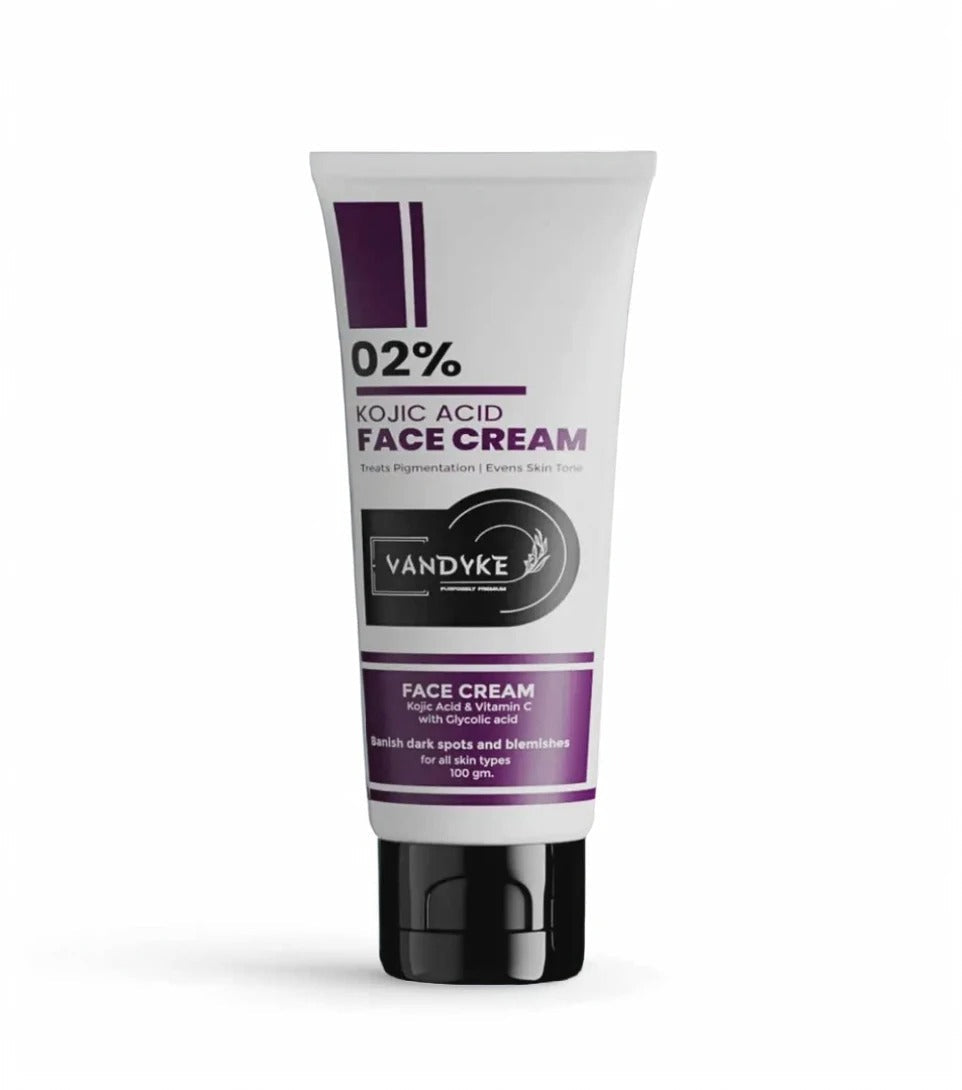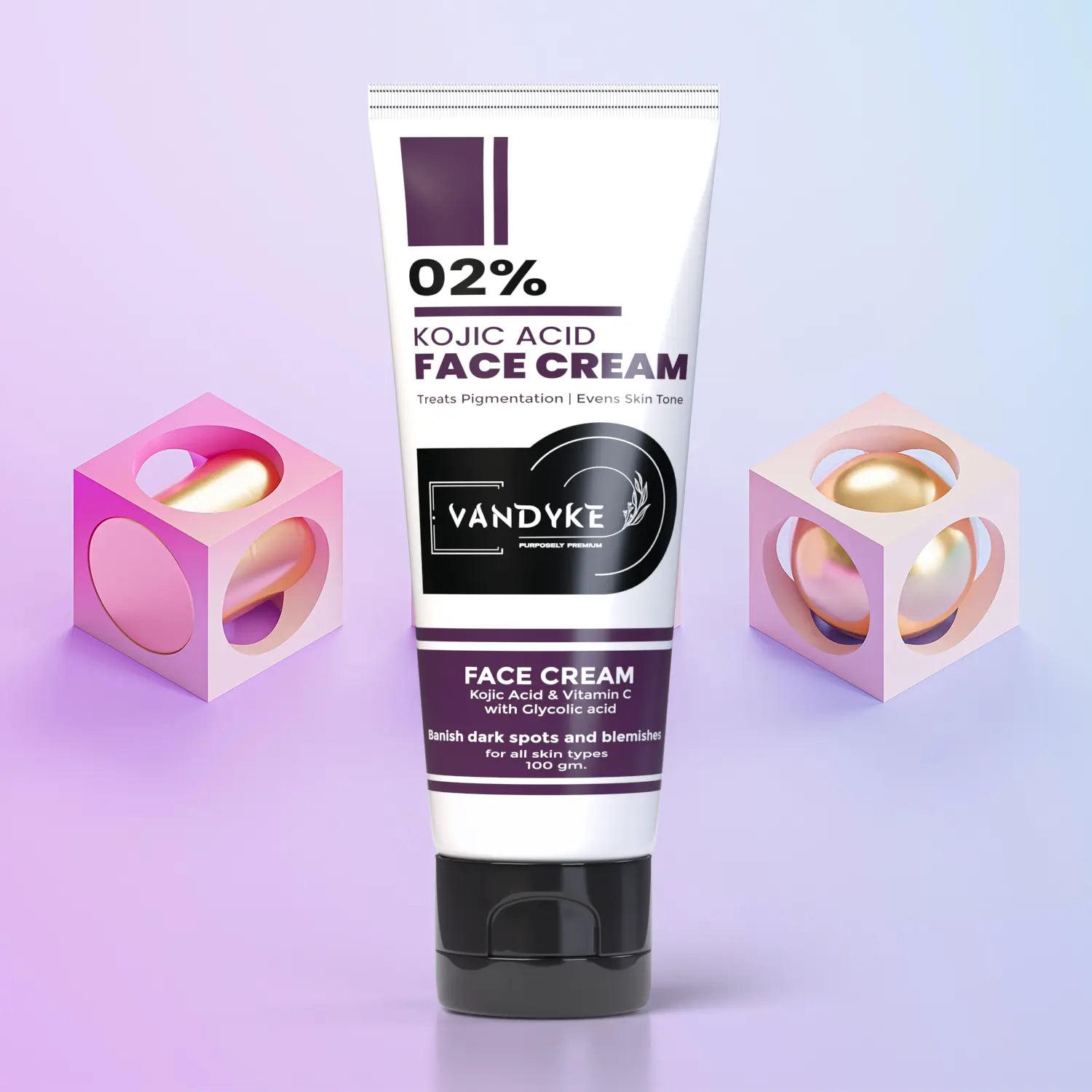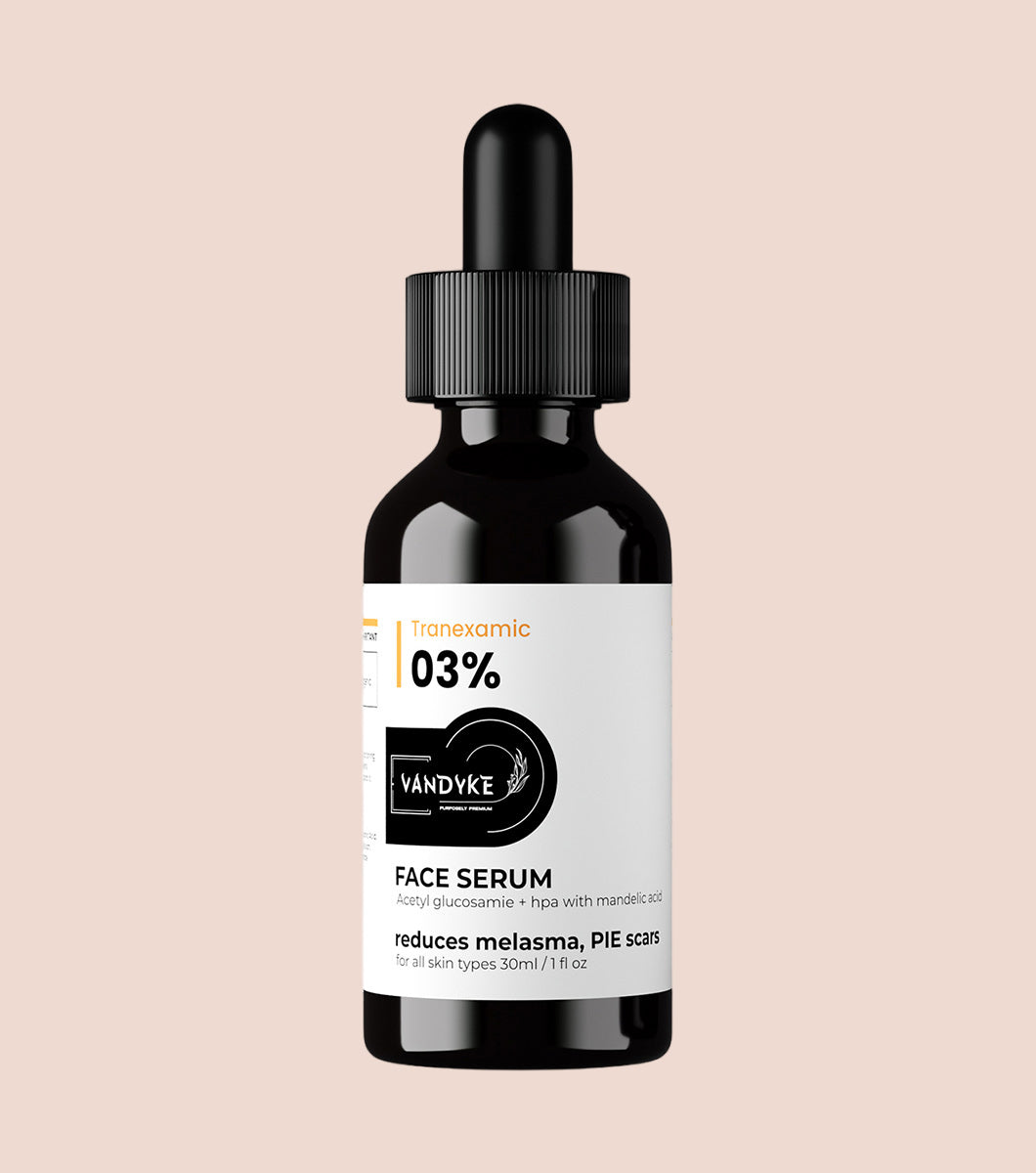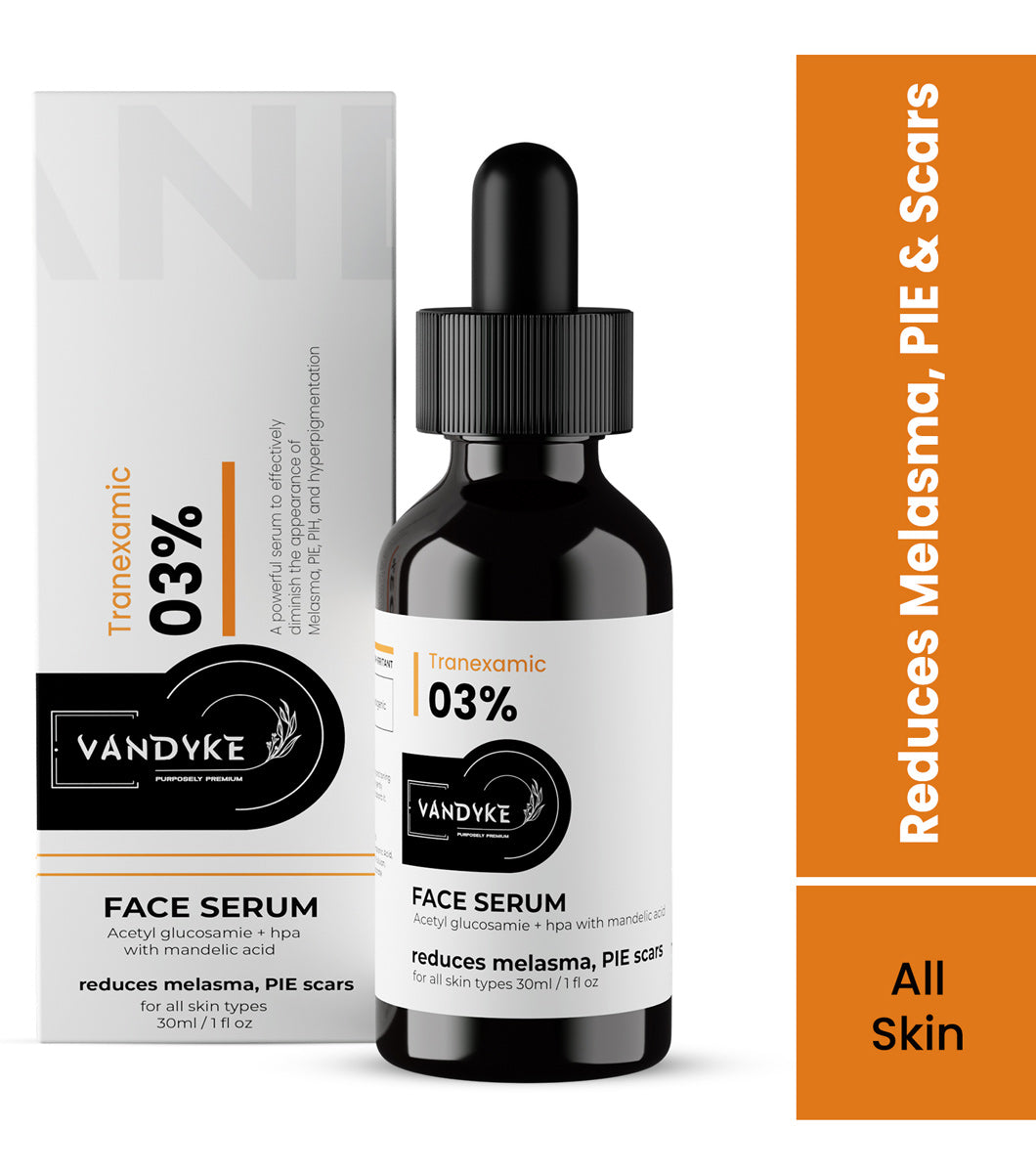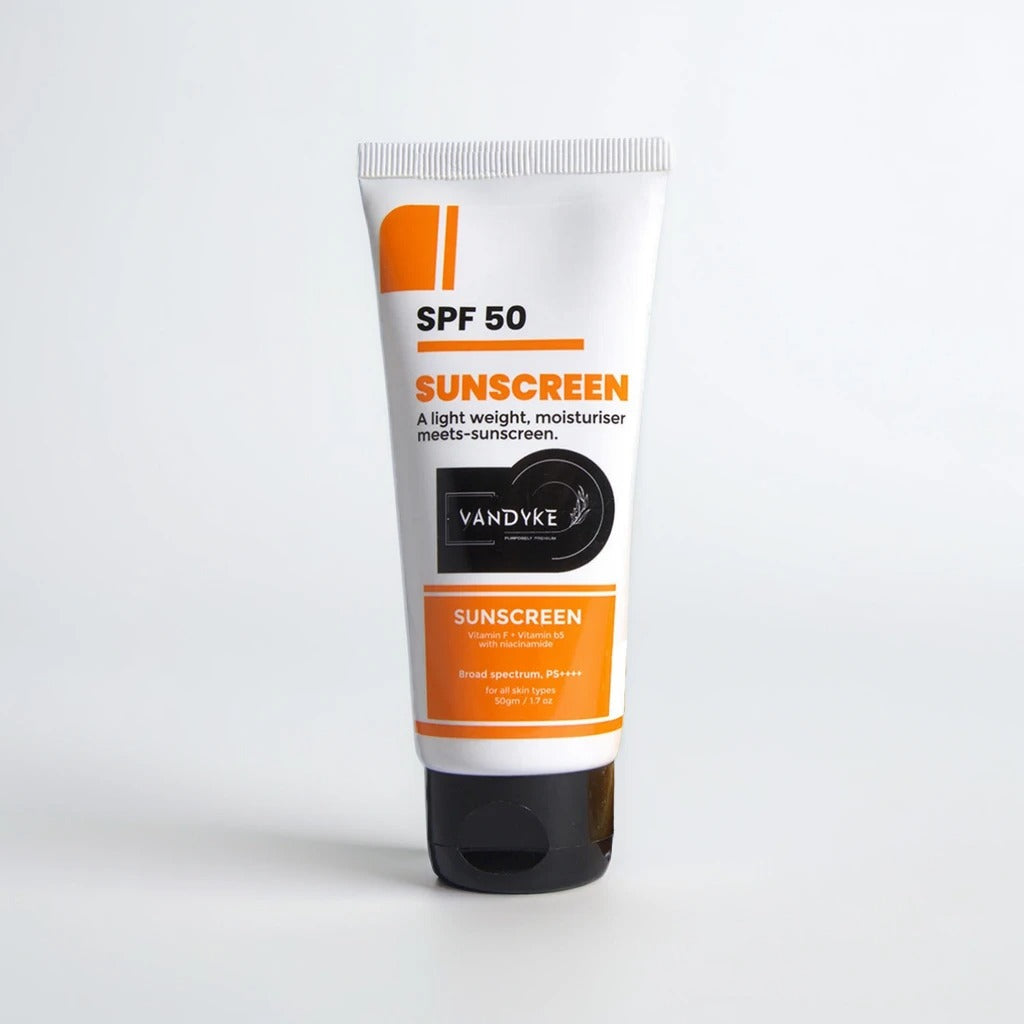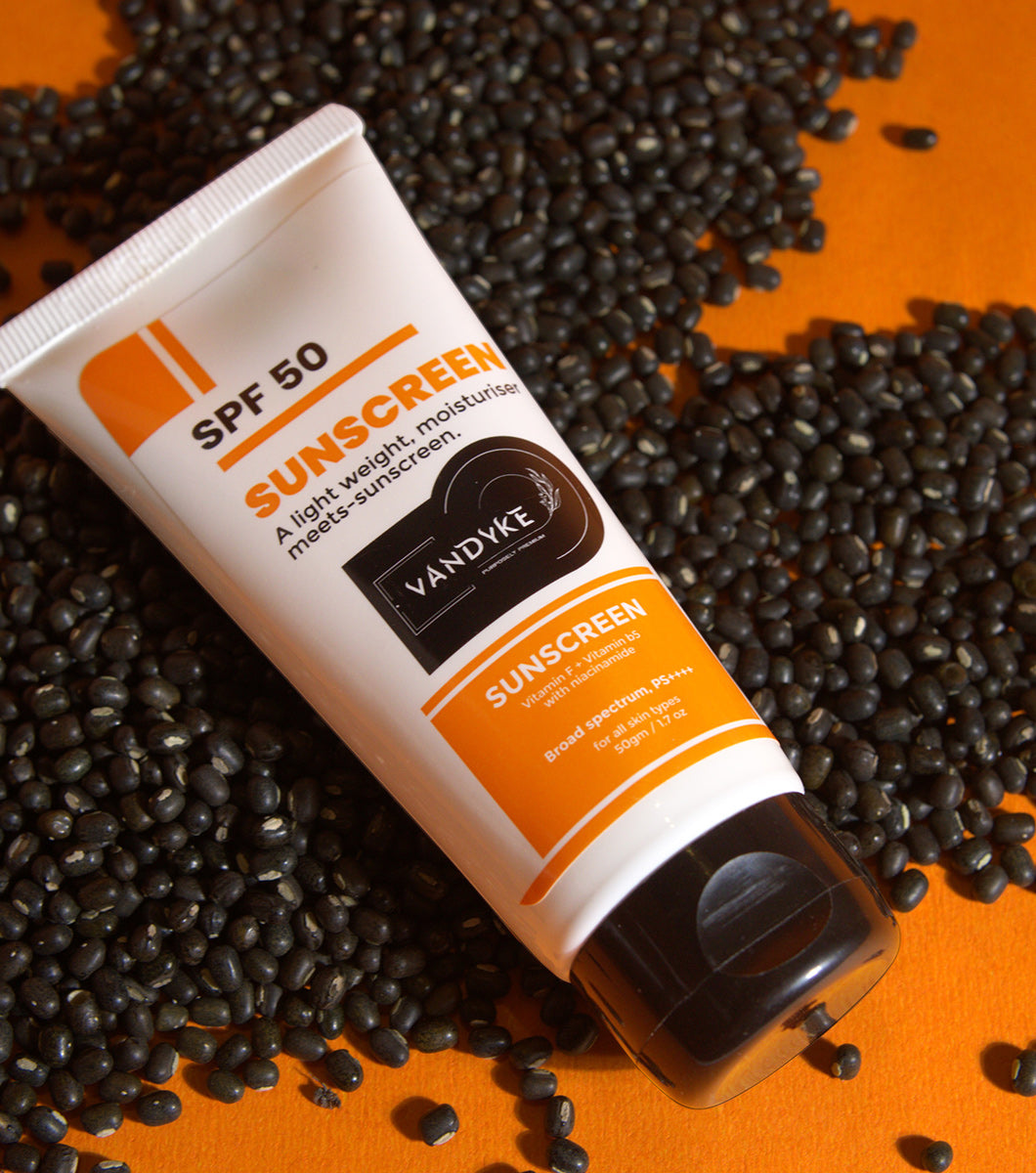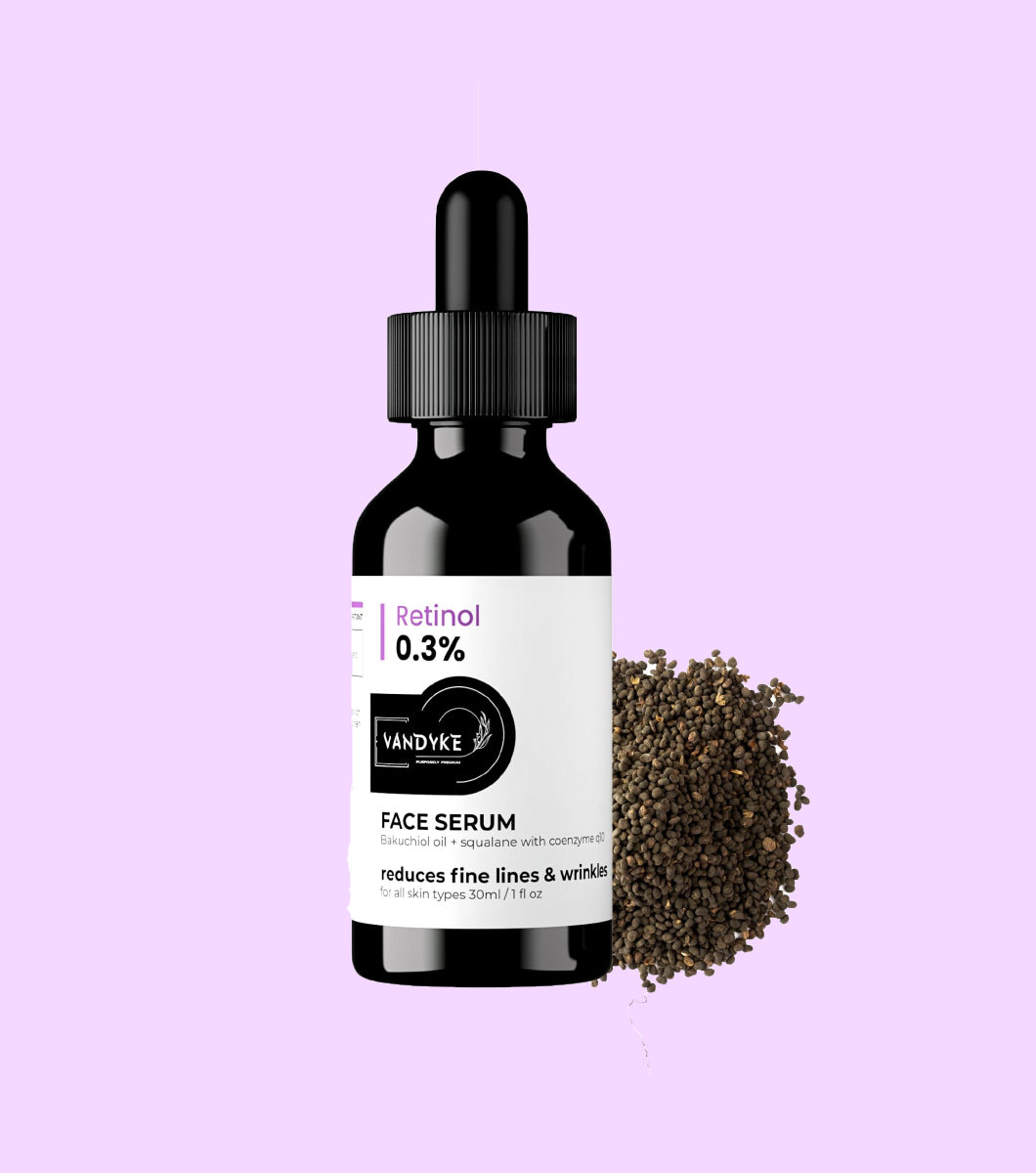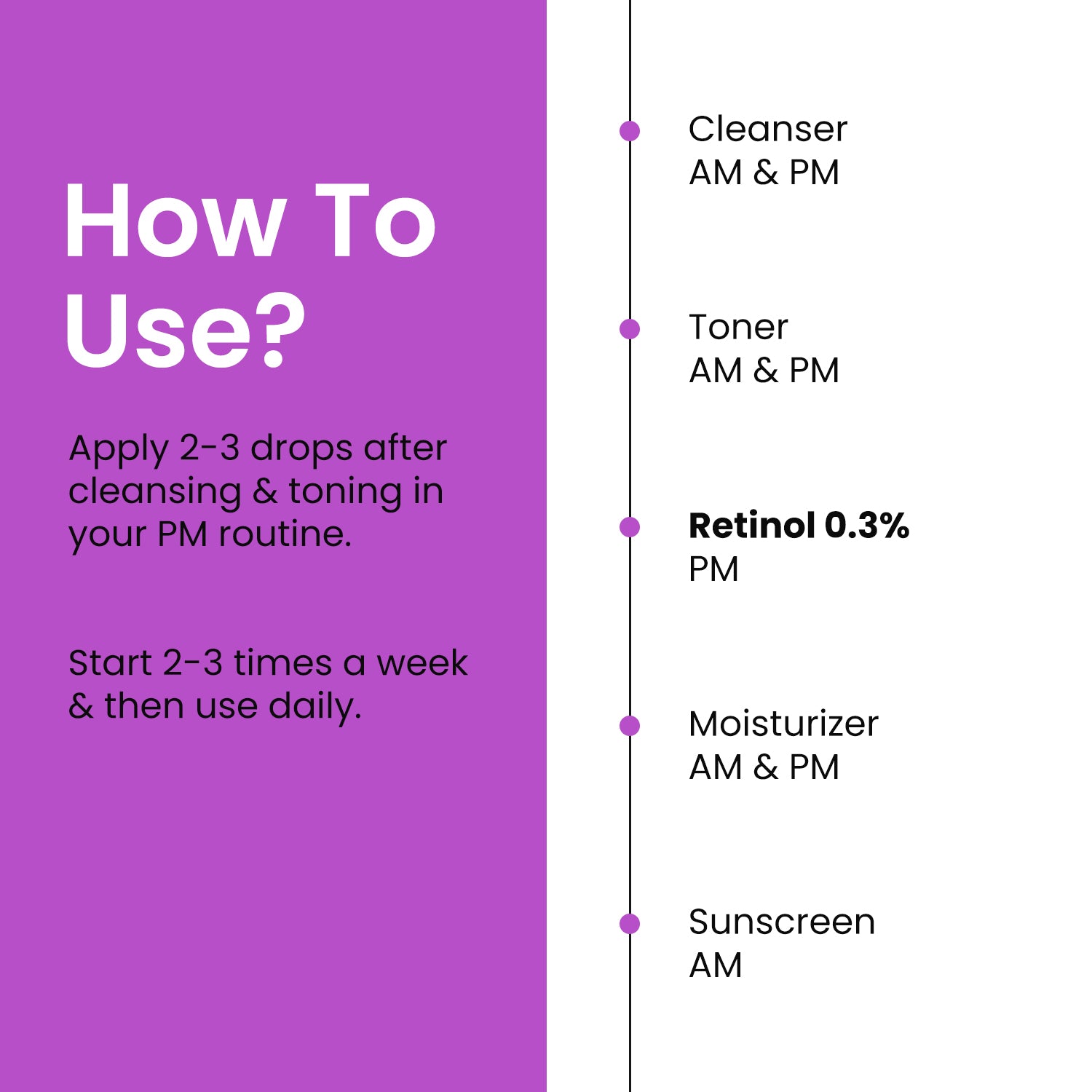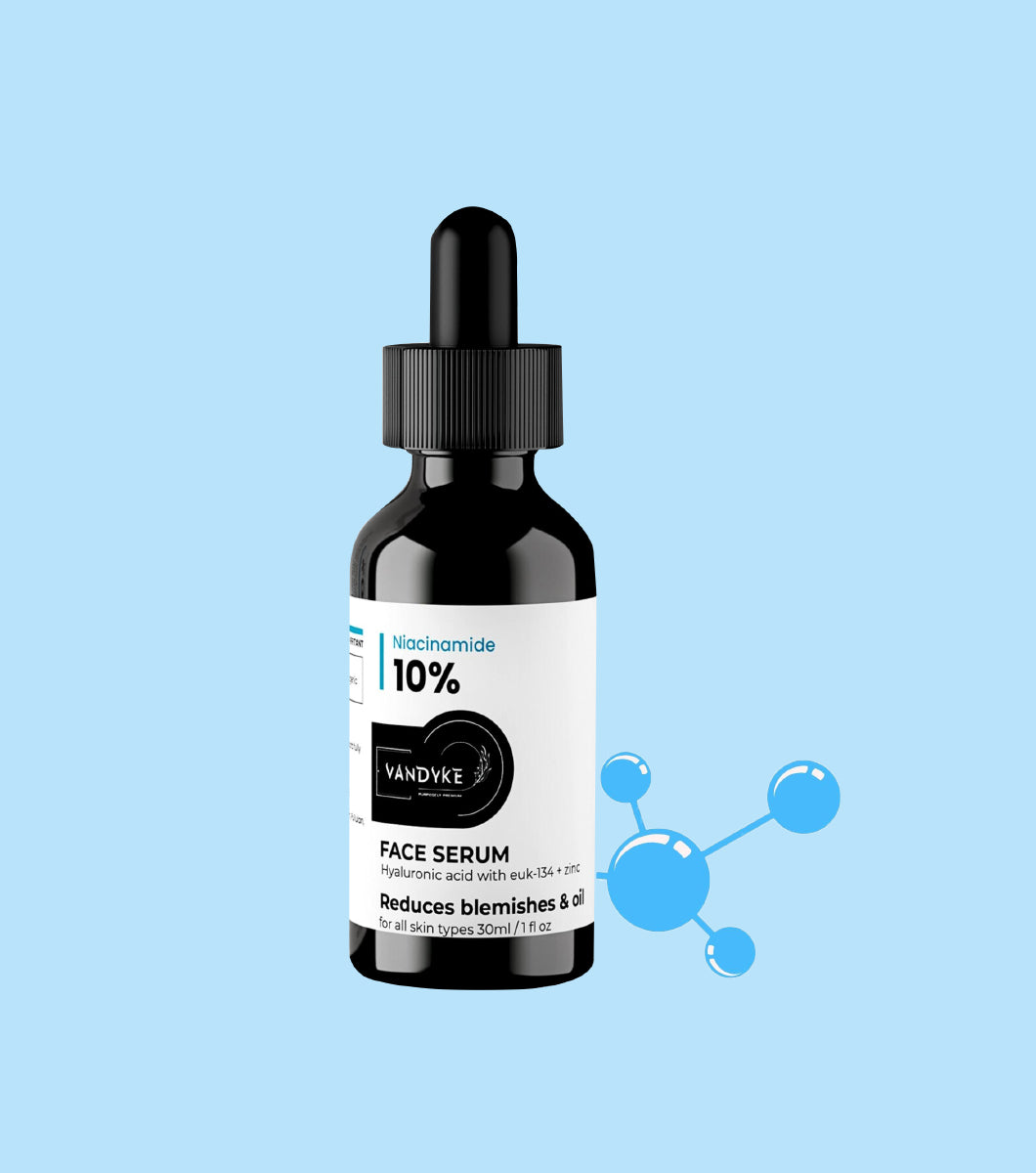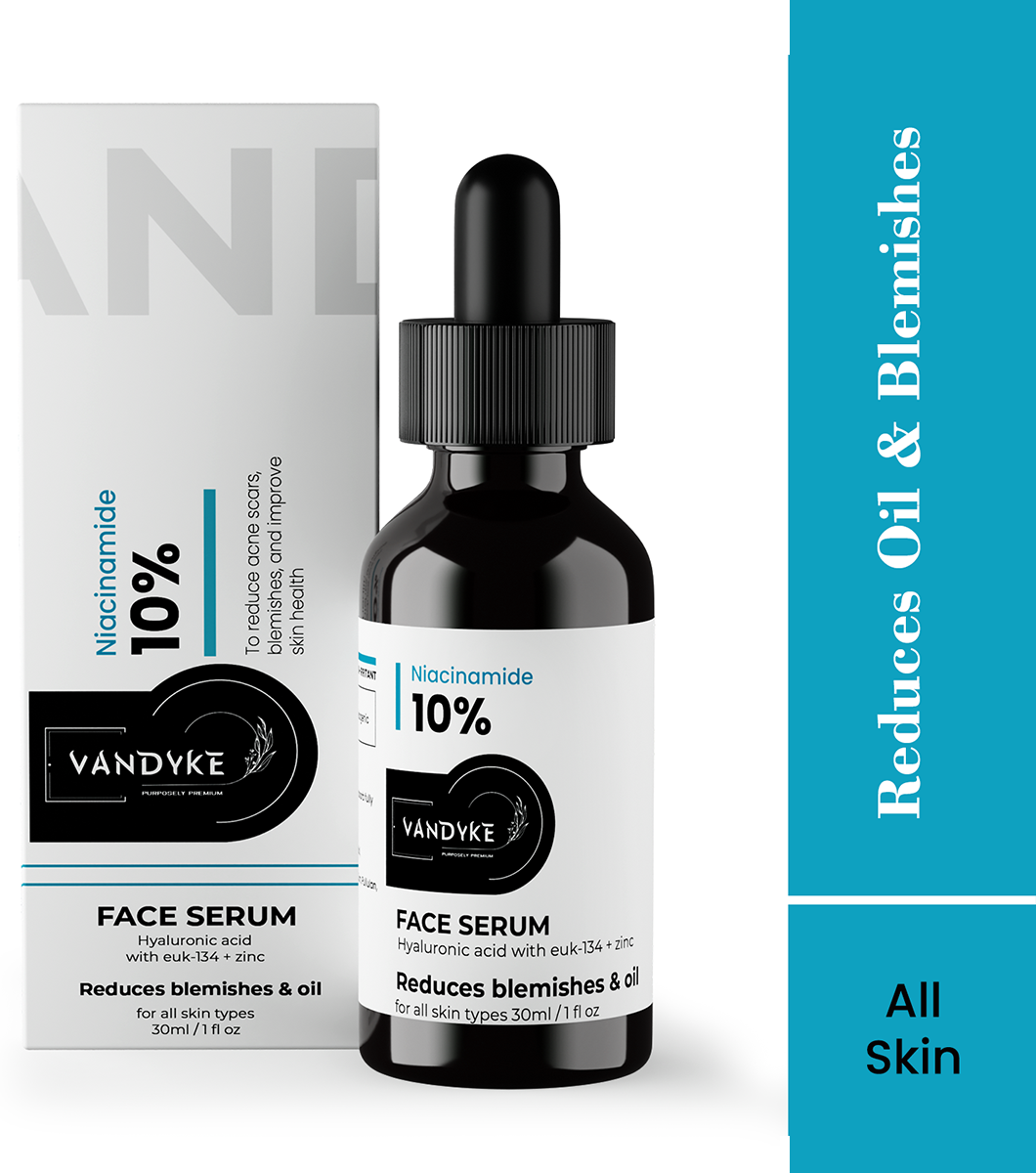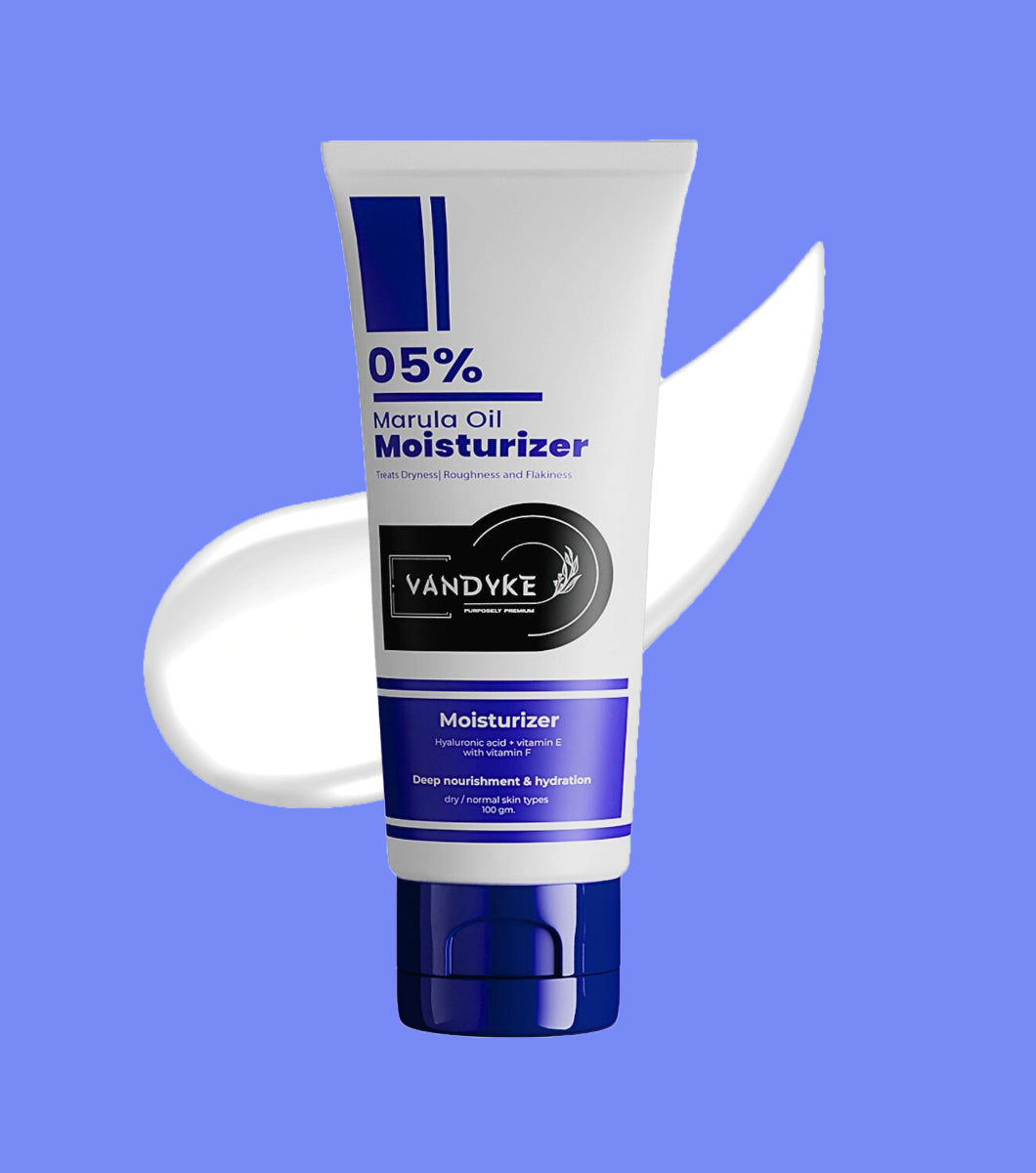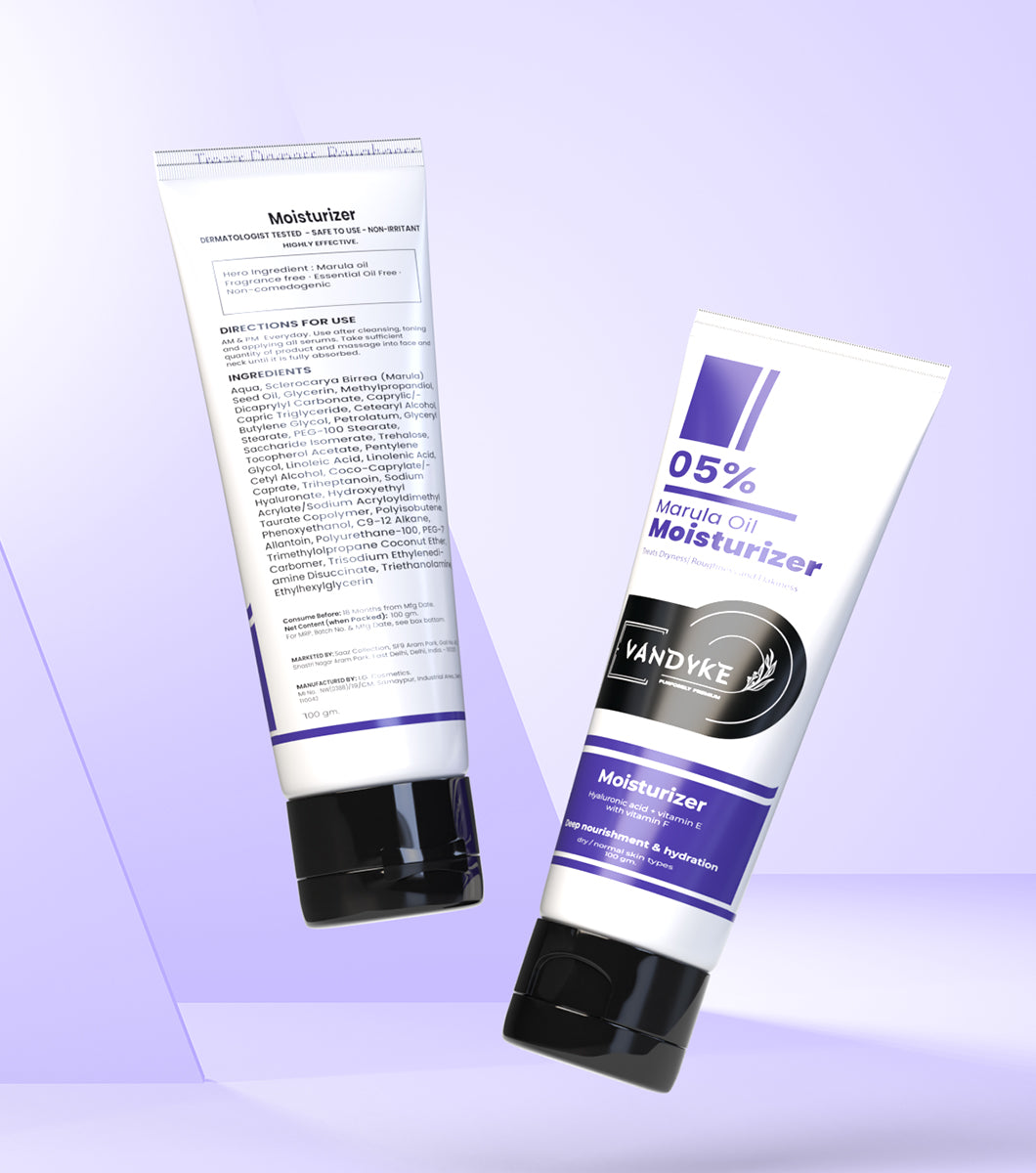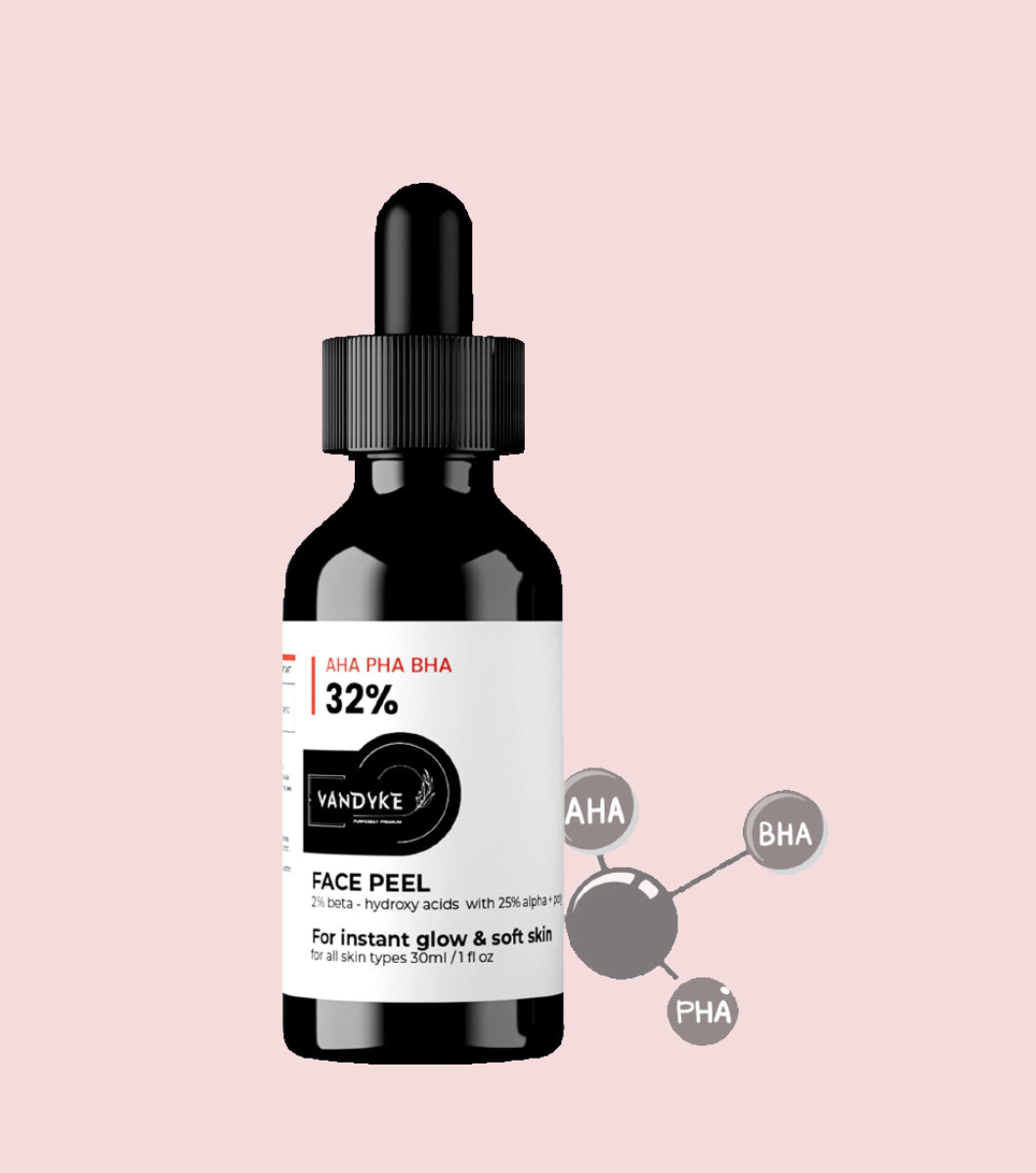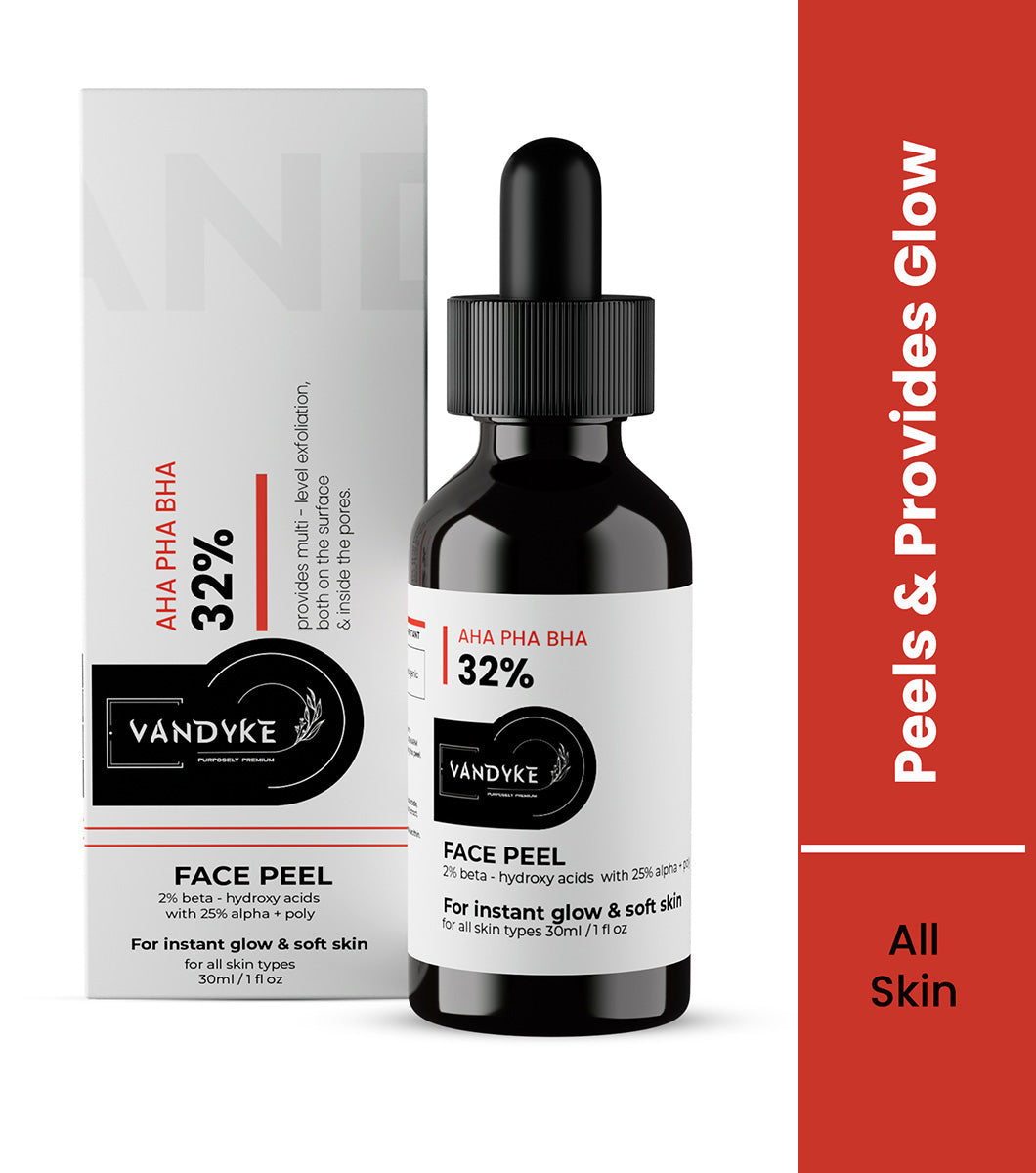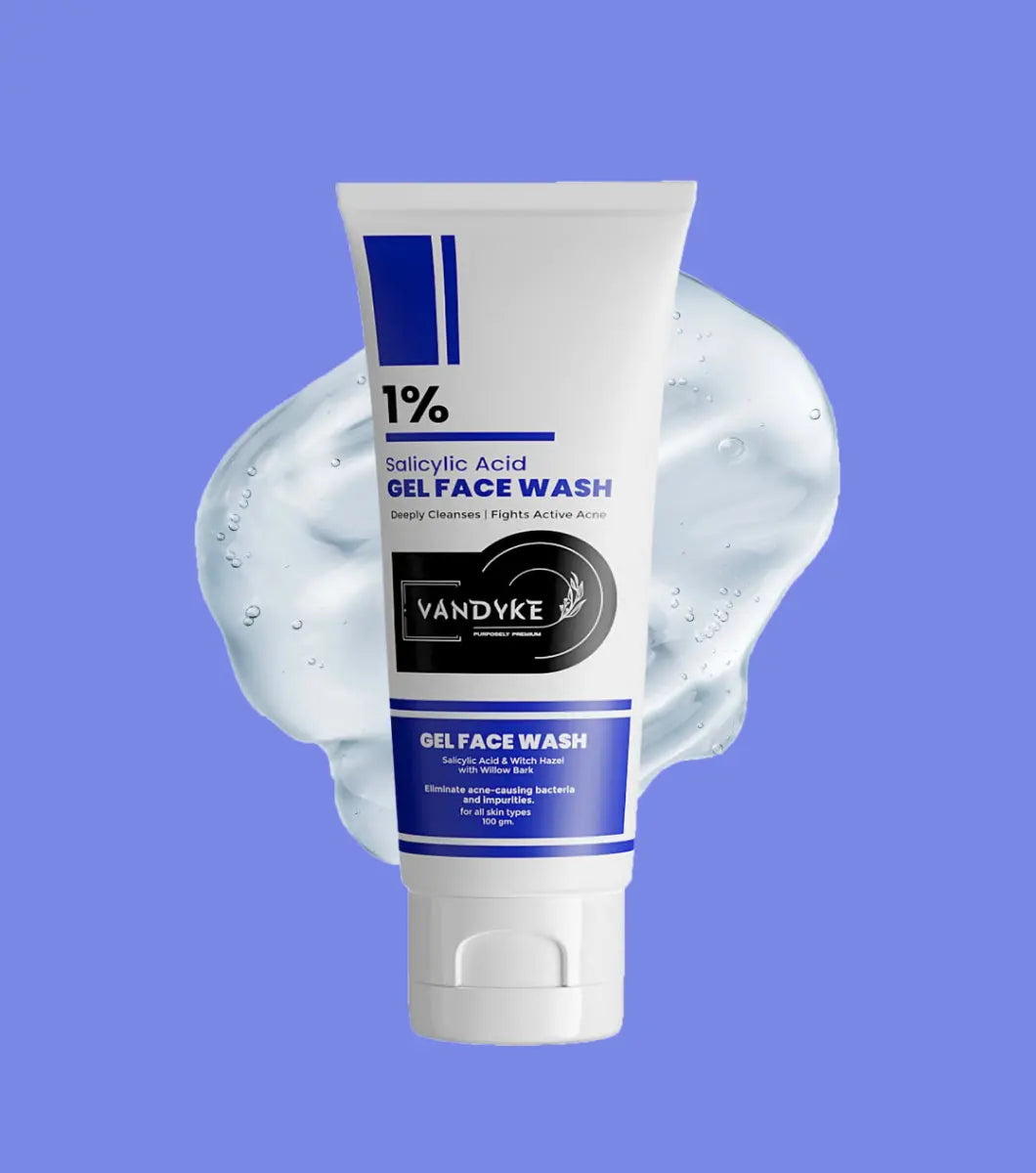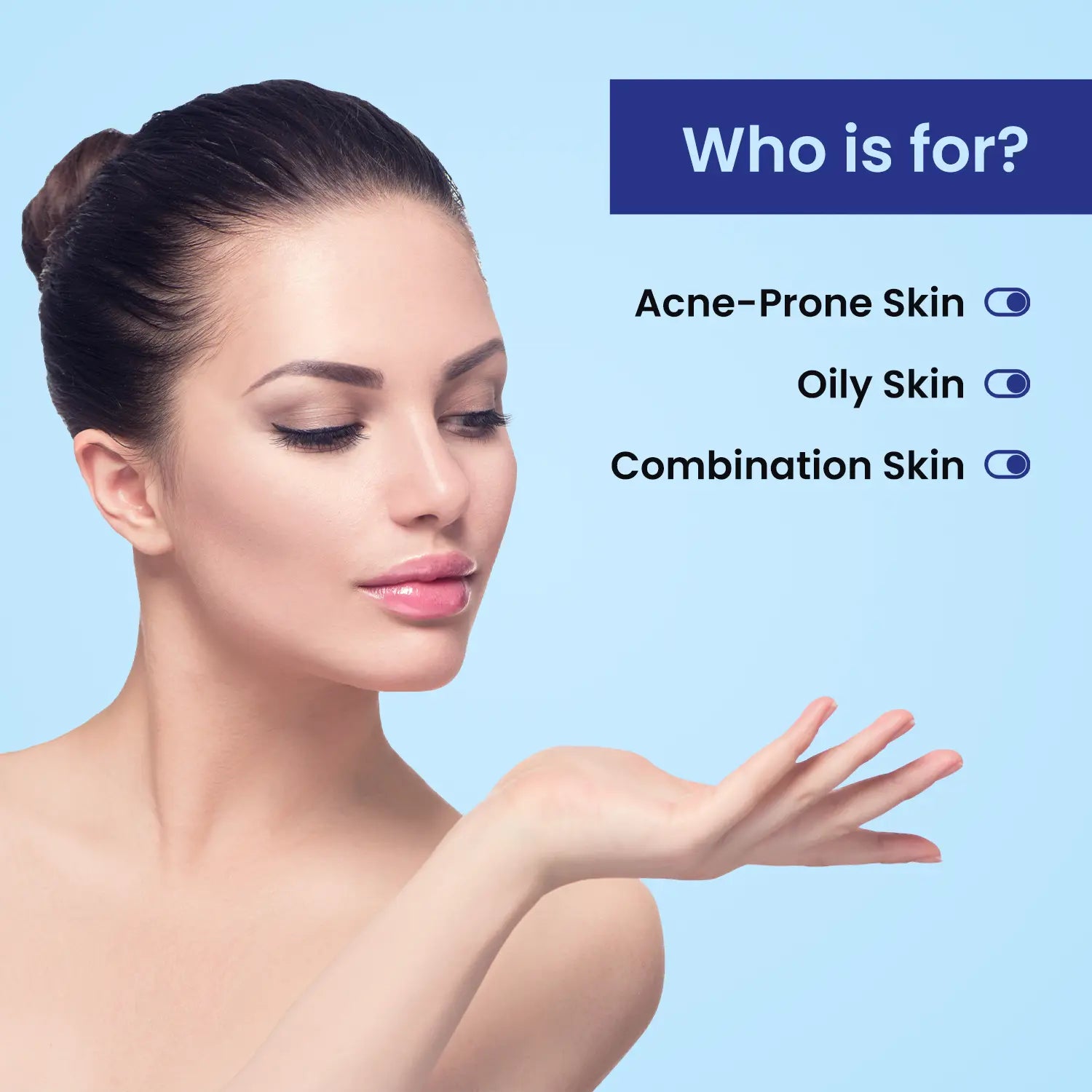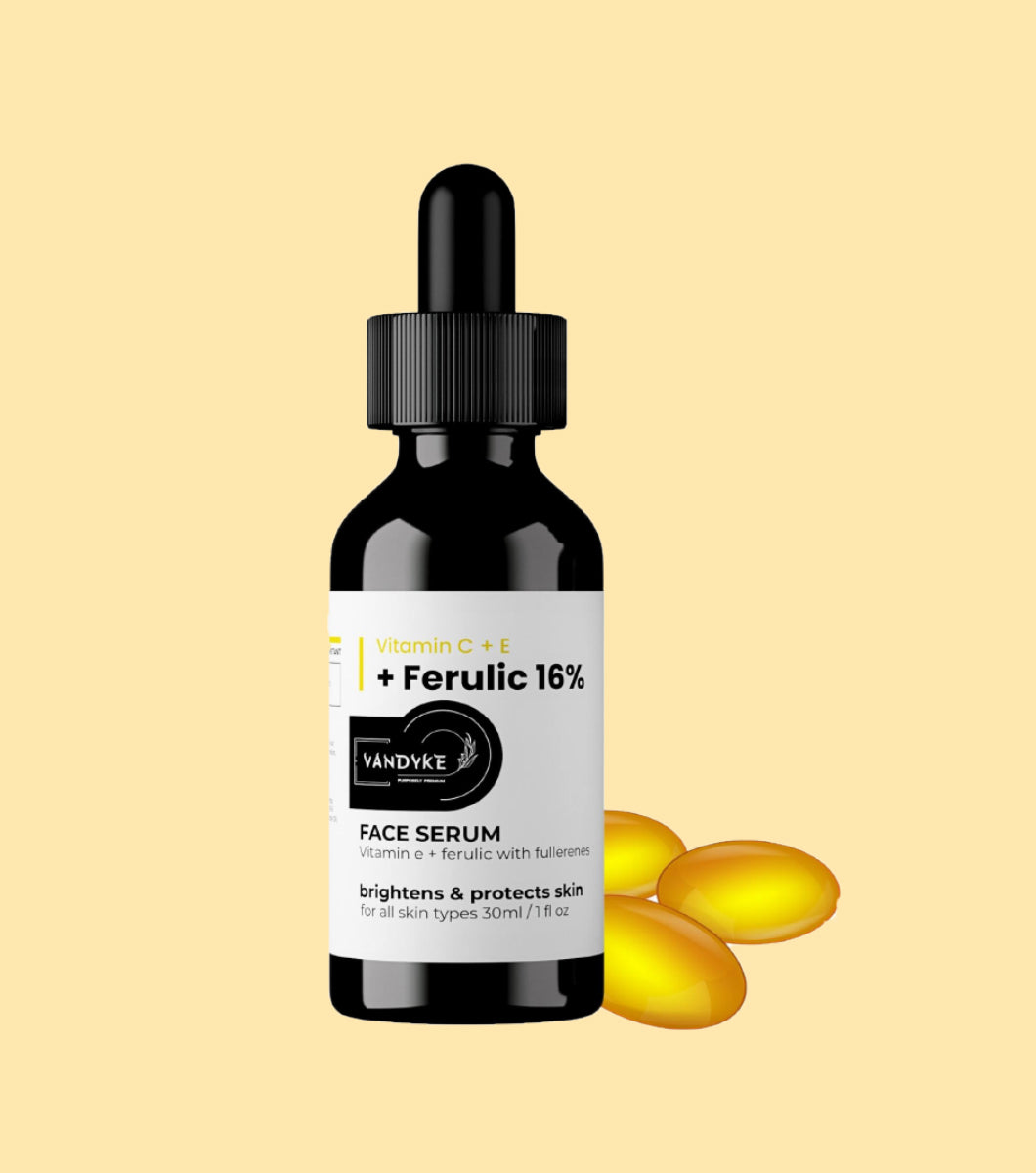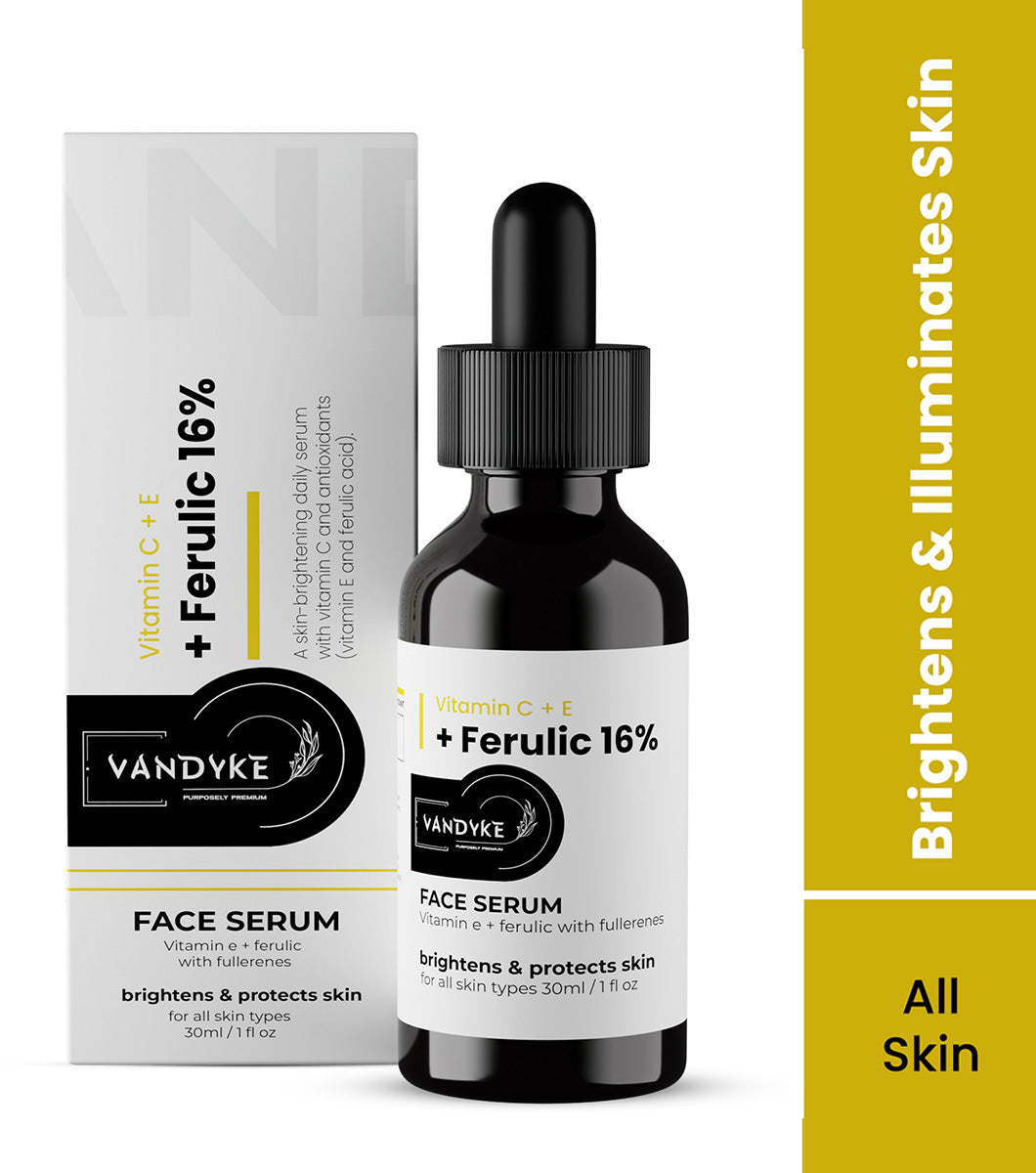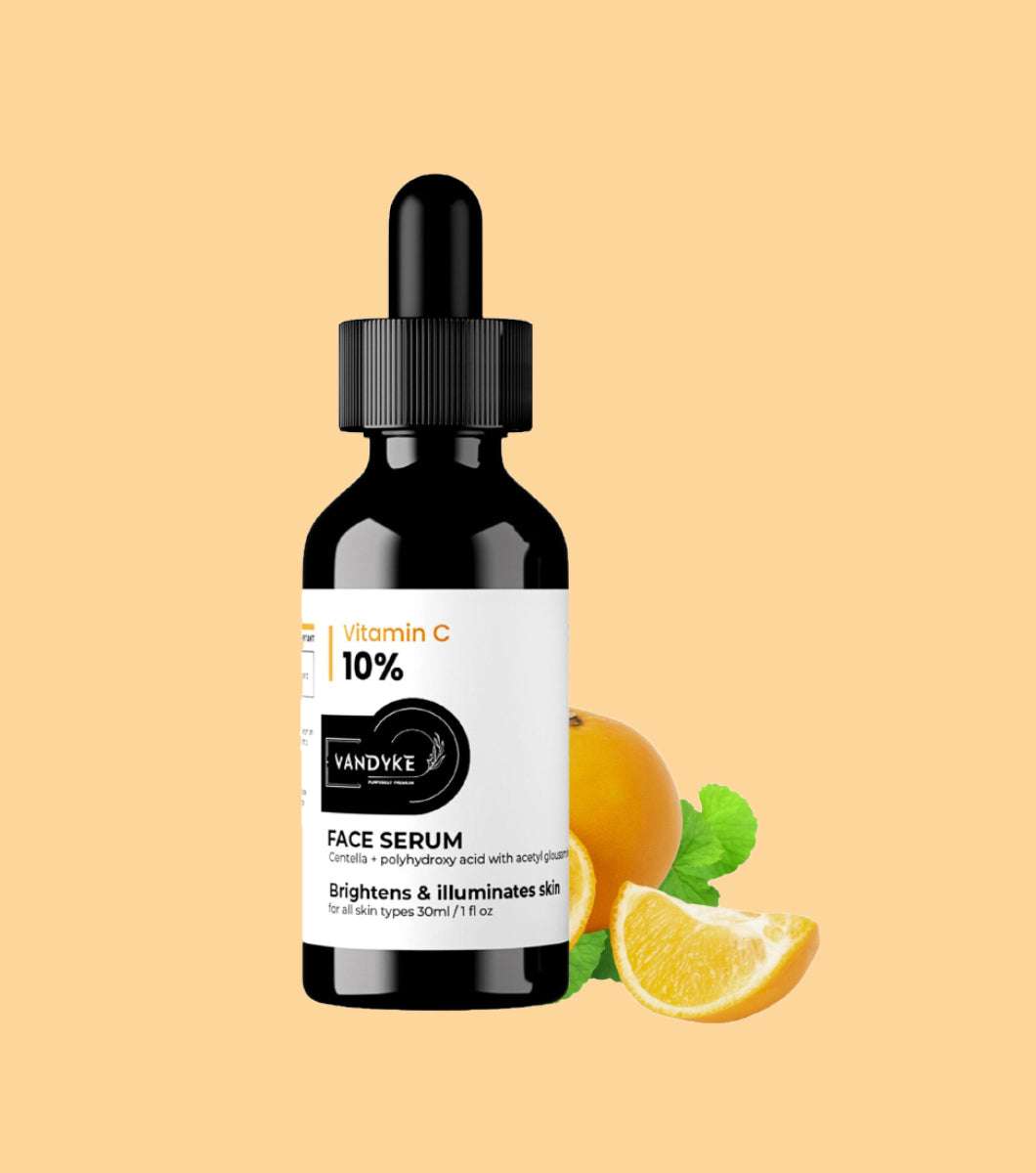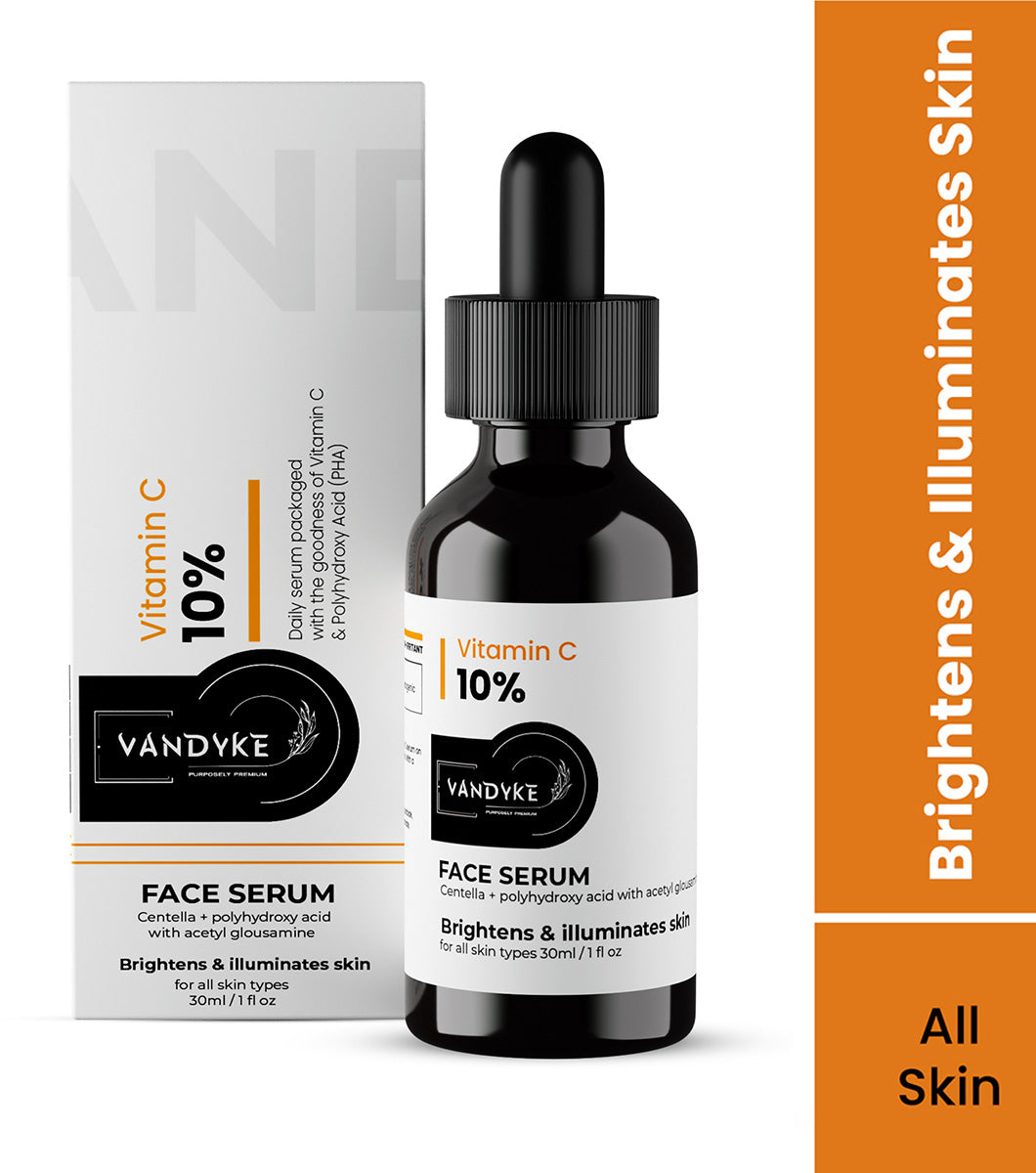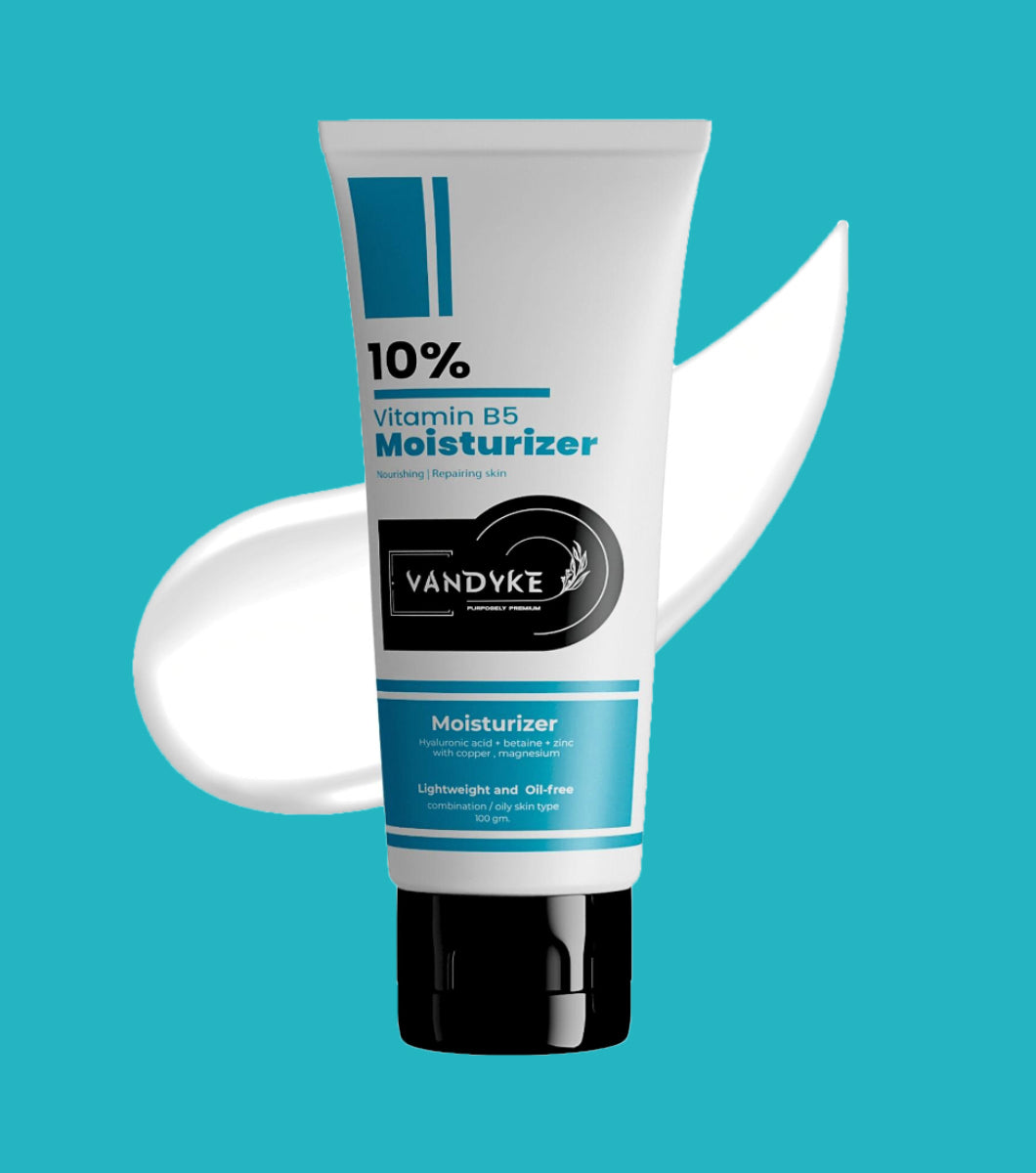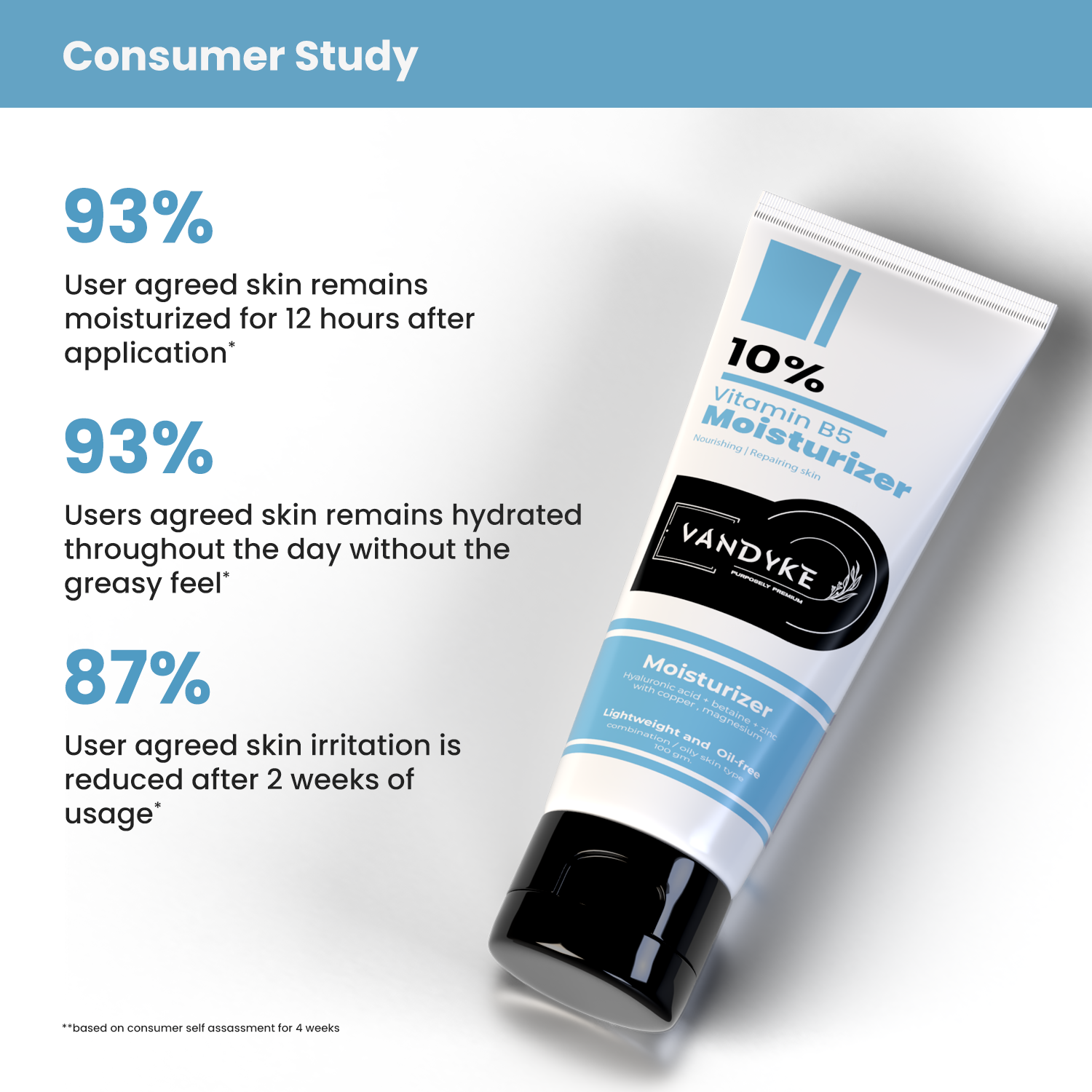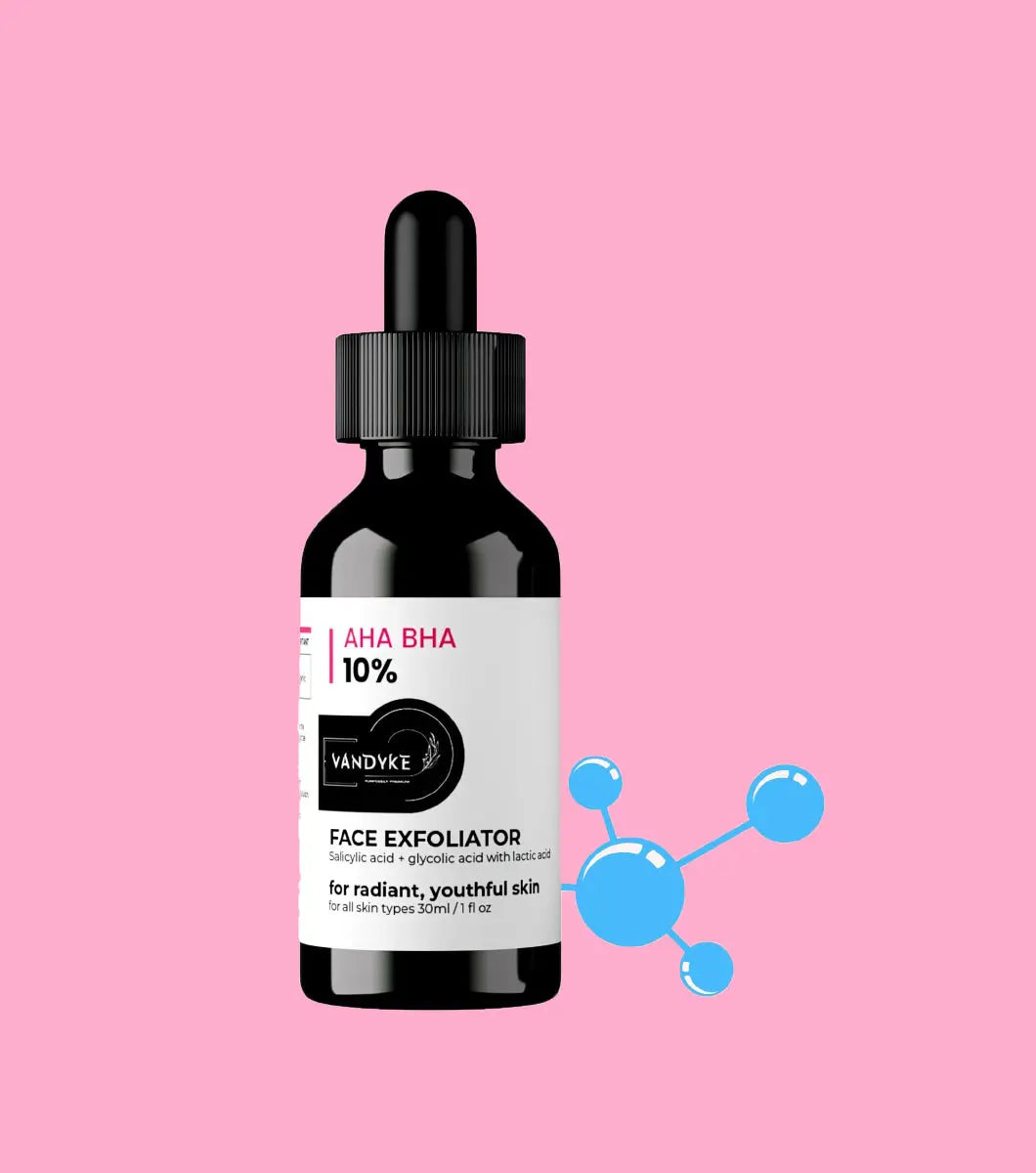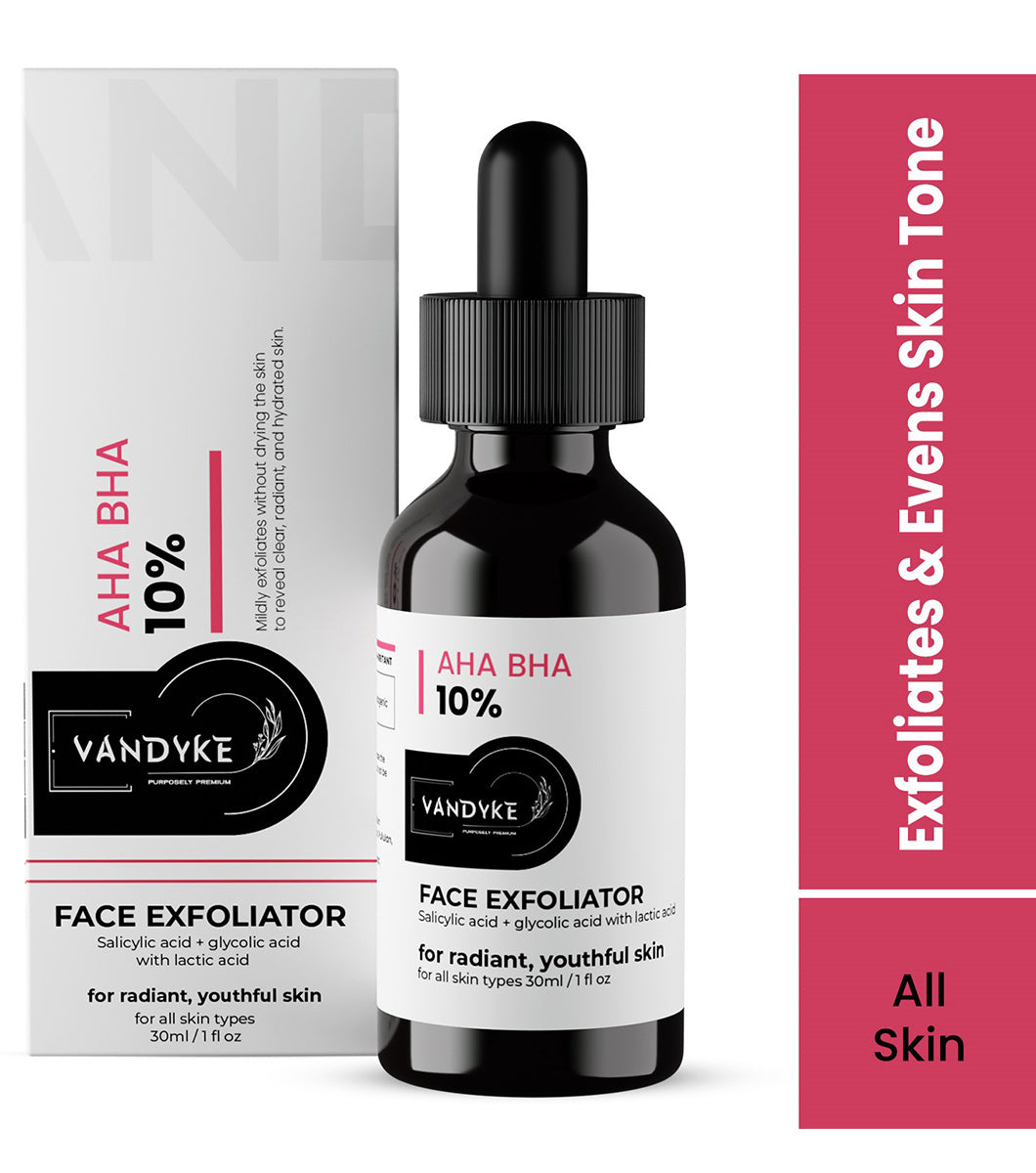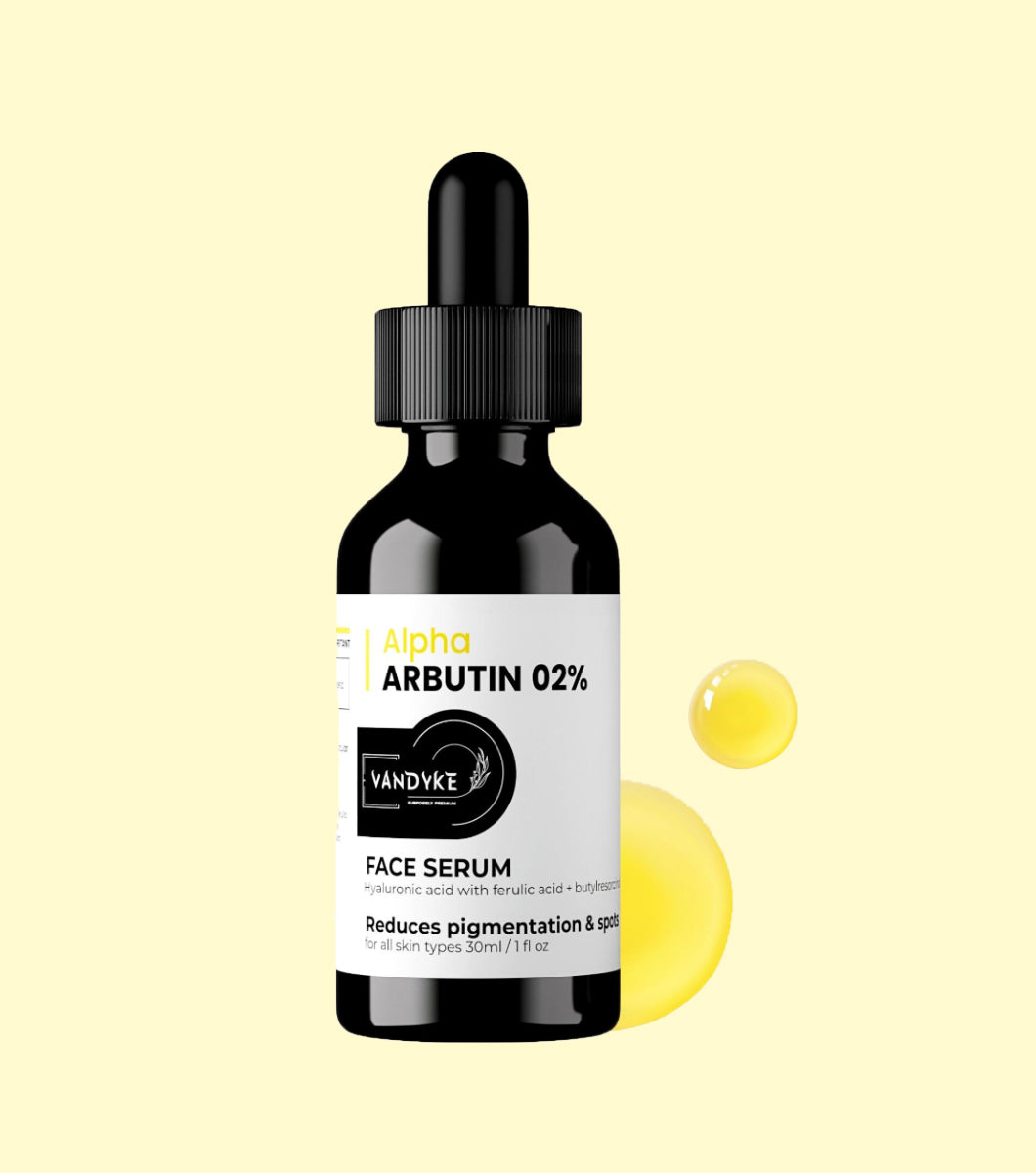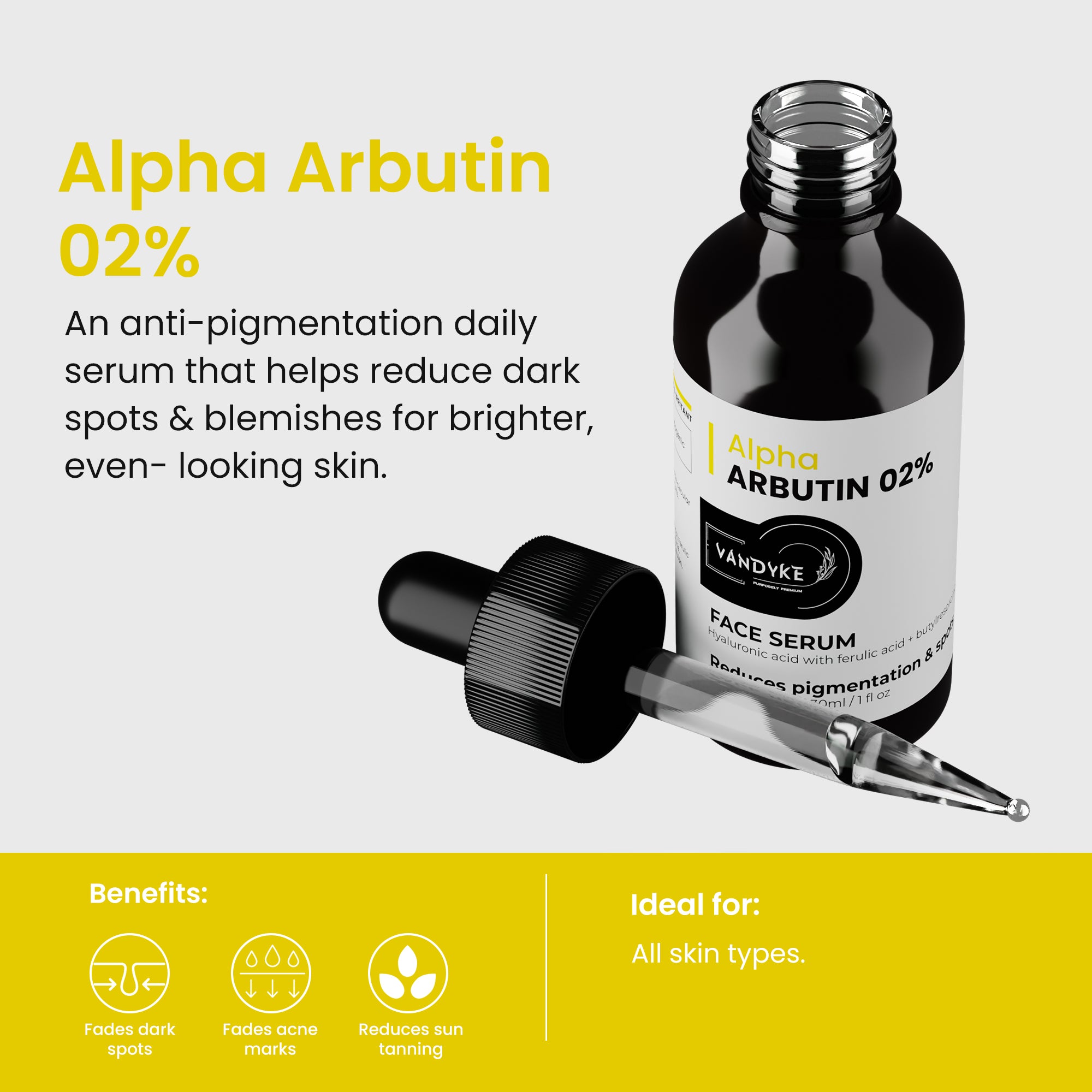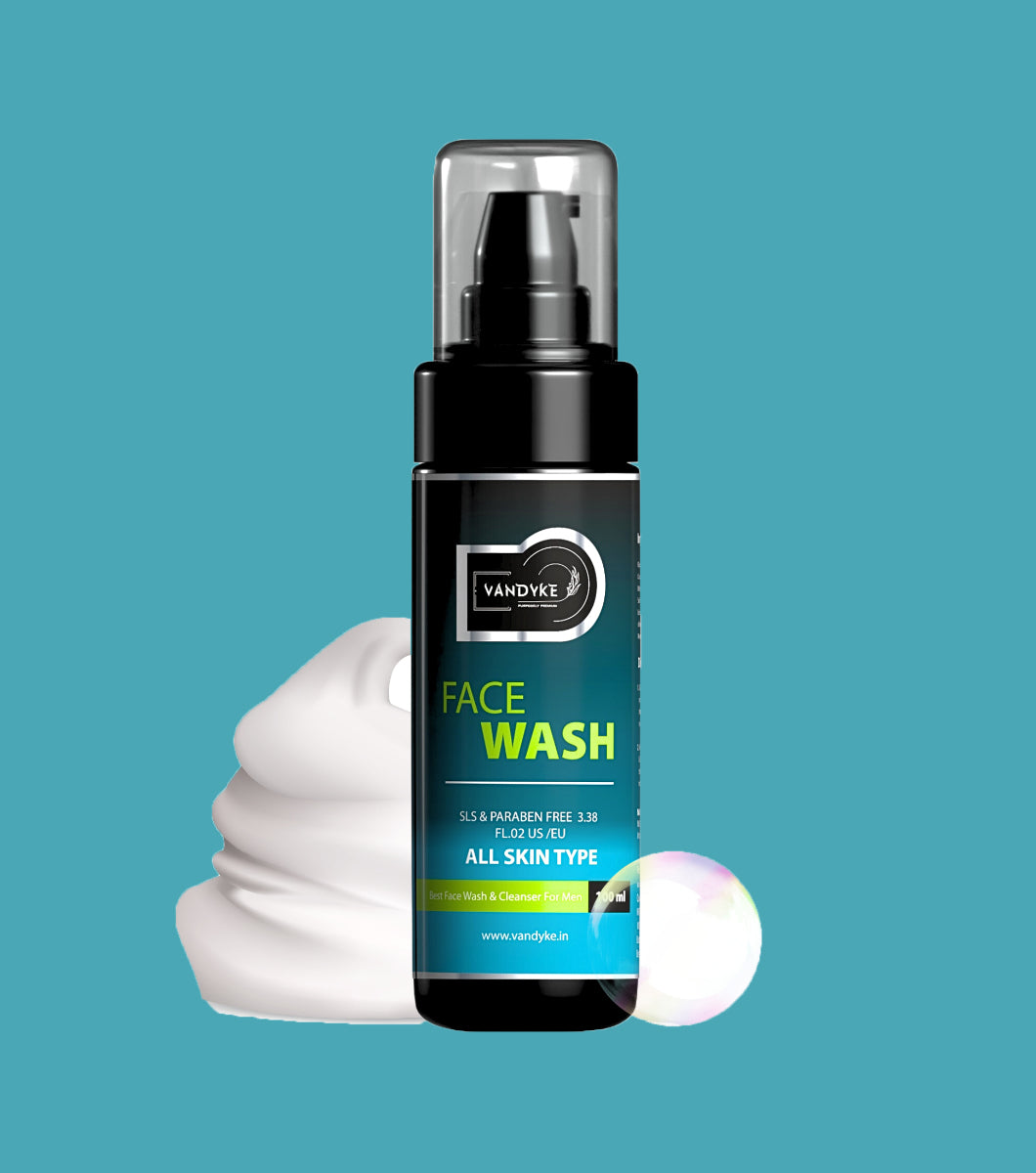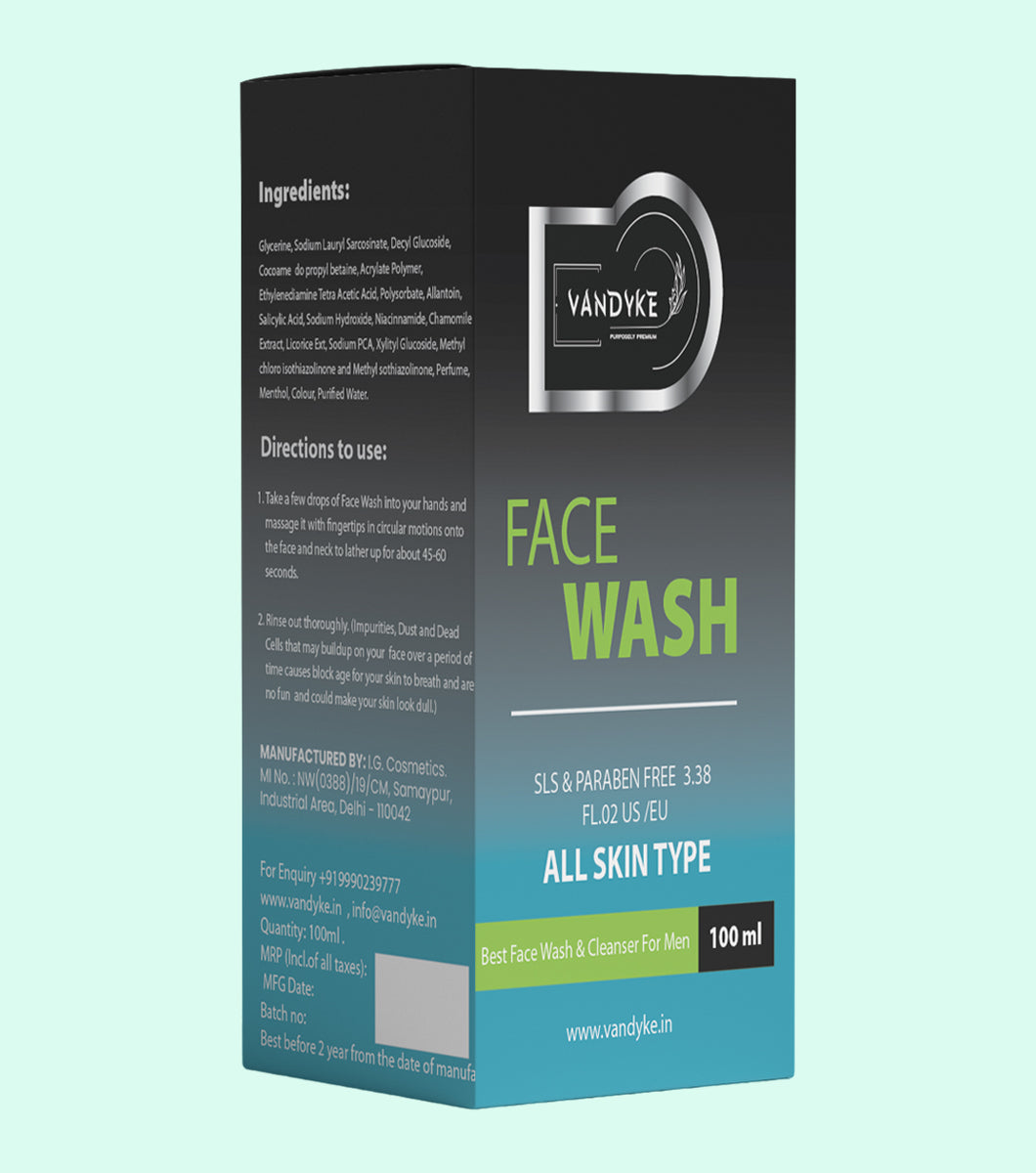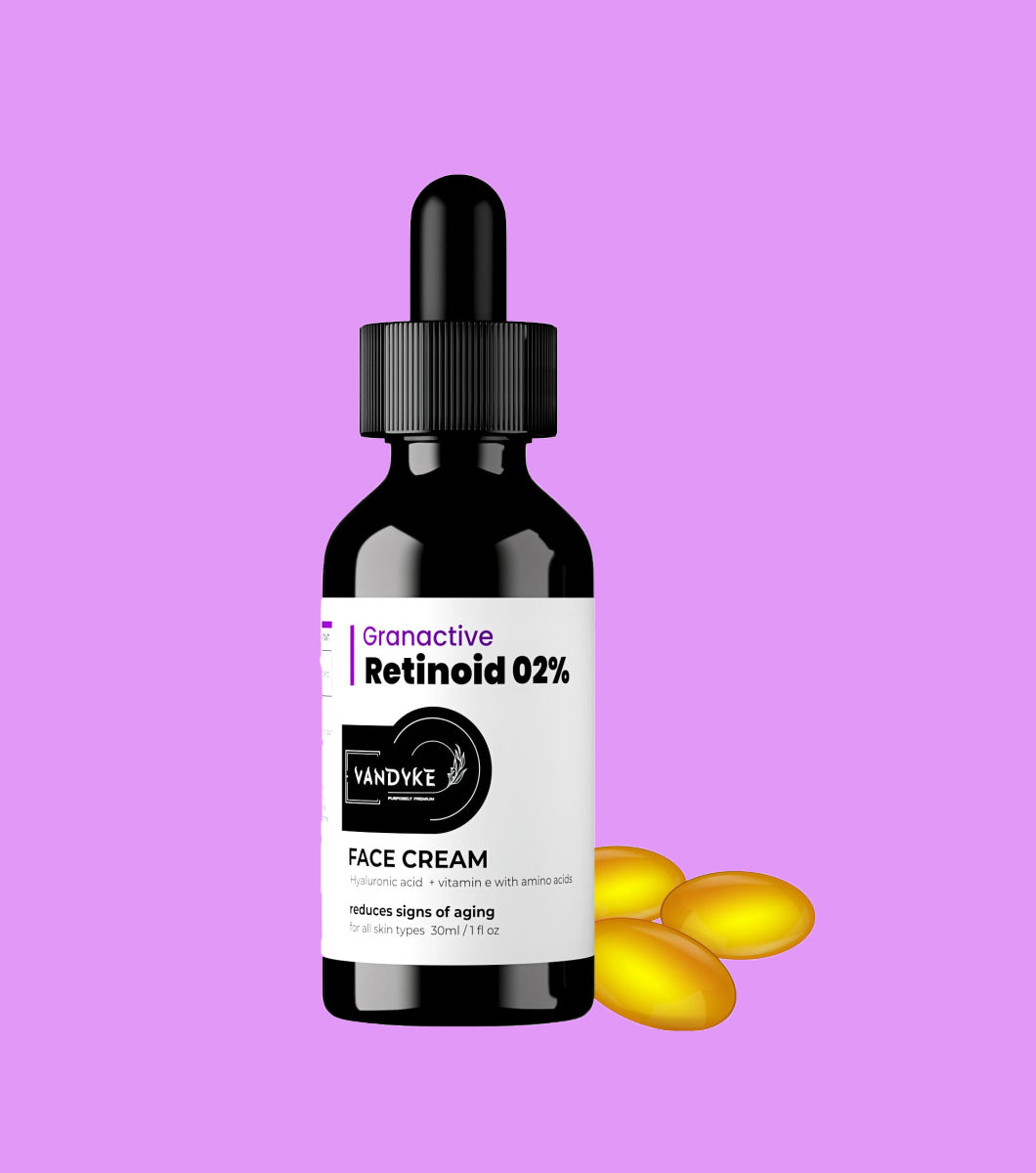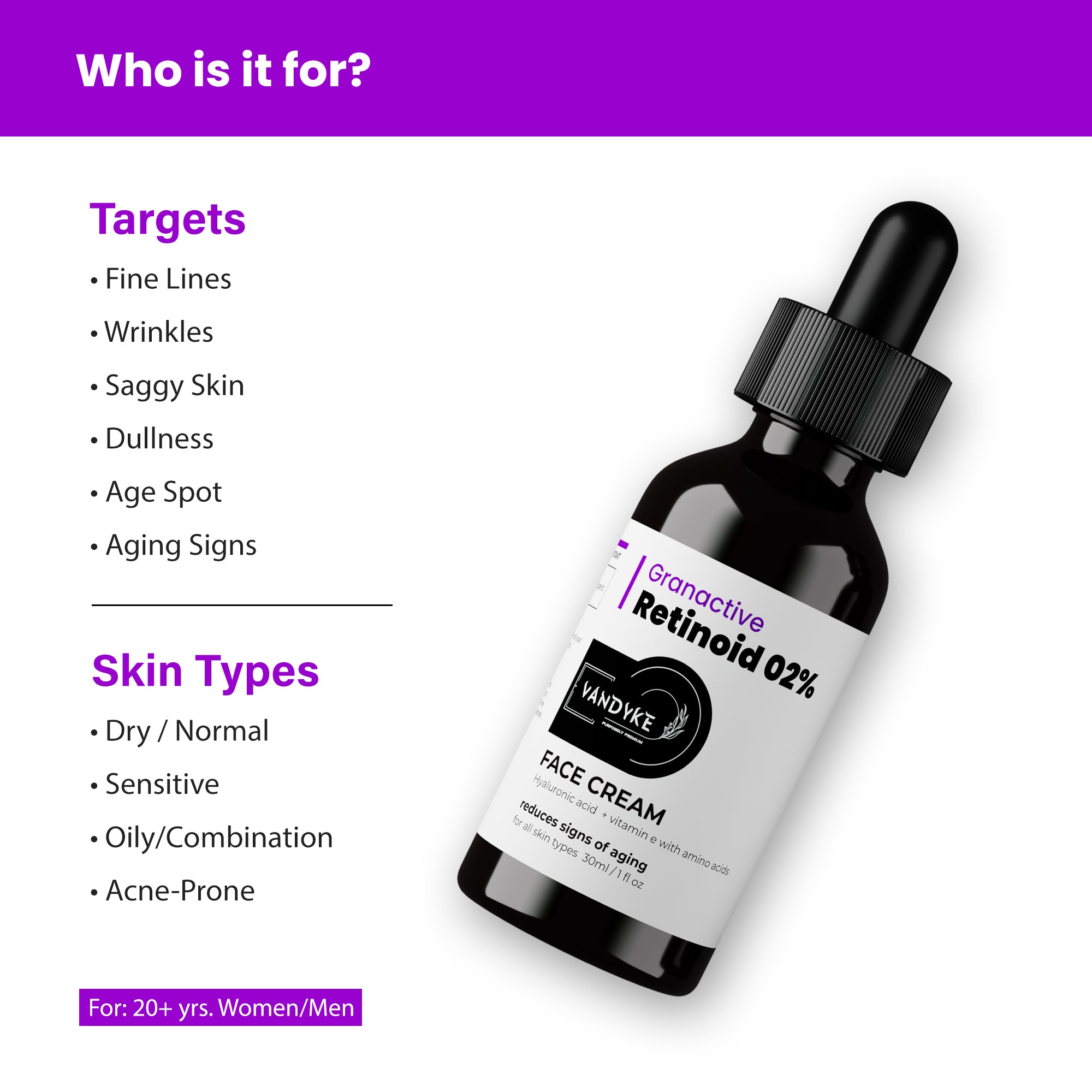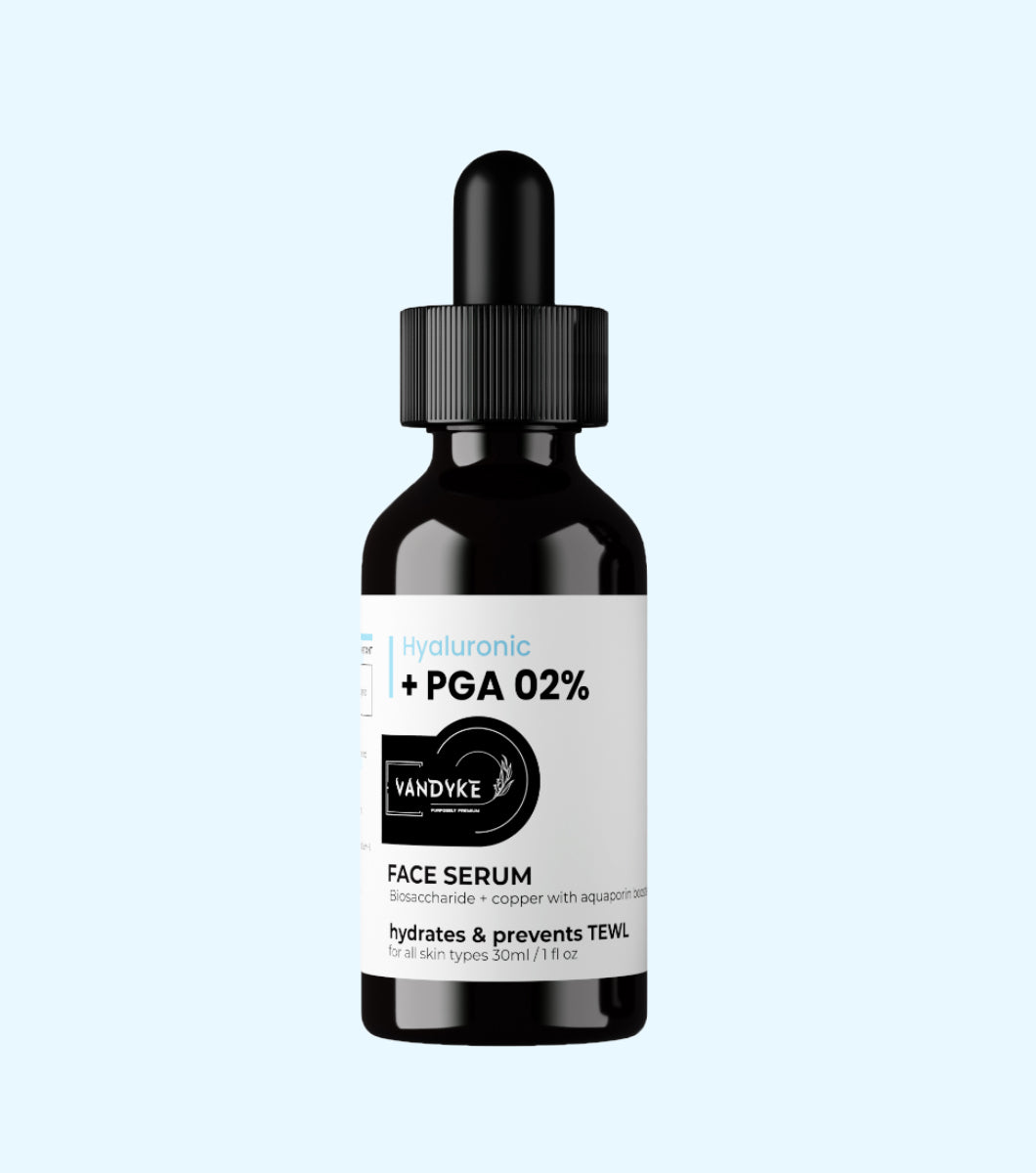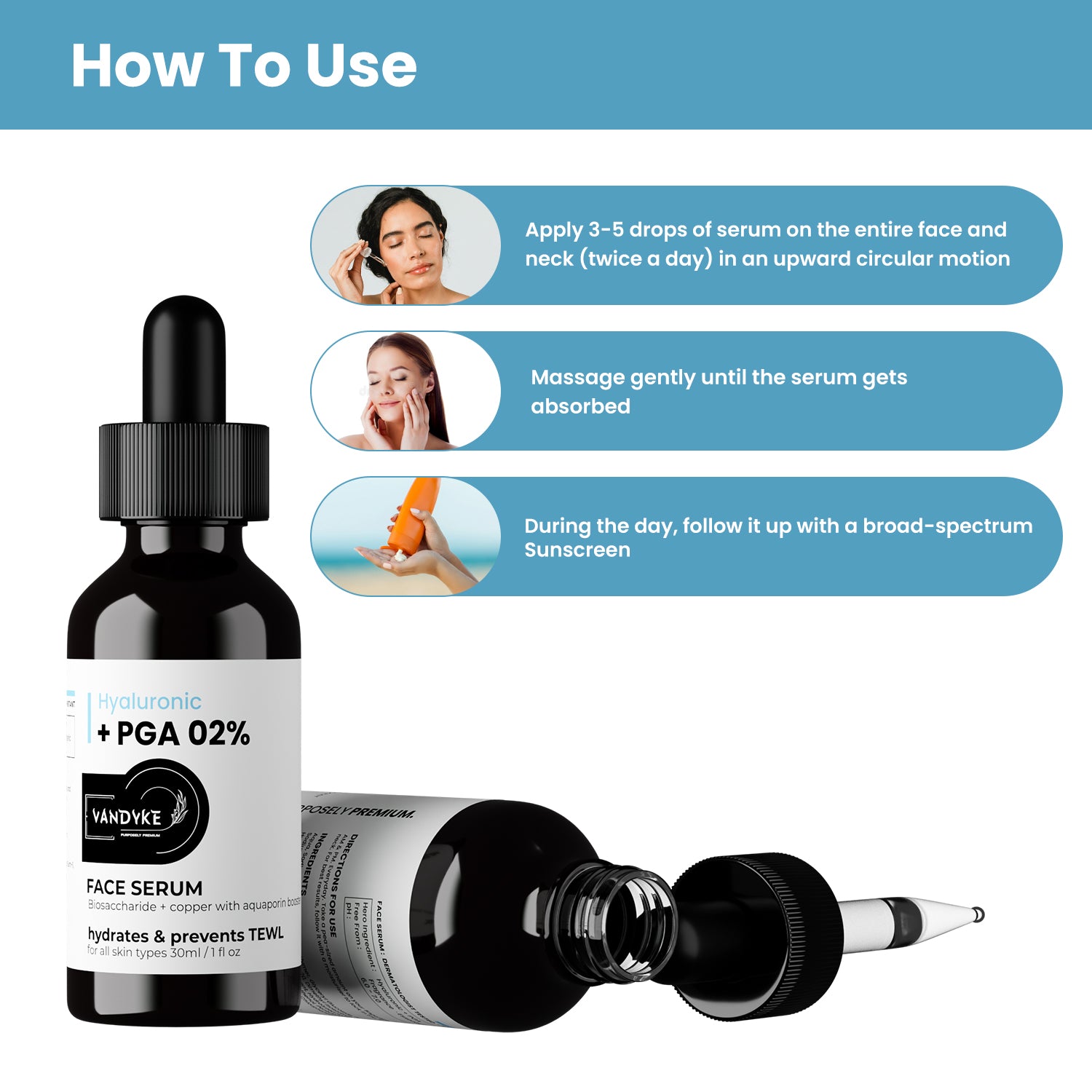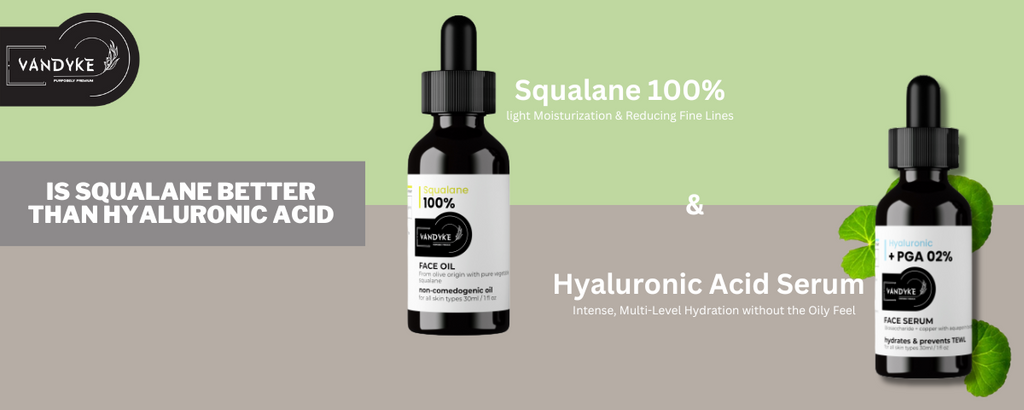
Is Squalane Better Than Hyaluronic Acid A Comprehensive Comparison

Is Squalane Better Than Hyaluronic Acid? A Comprehensive Comparison
Many ingredients in skincare products claim to enhance your appearance, but hyaluronic acid and squalane are particularly notable for their capacity to hydrate. If you’ve been looking for the best hydrator, you’re definitely aware of these two heavyweights of the fitness world. So which one should you choose? In this comprehensive comparison, Vandyke will look at the traits, benefits, and considerations of both hyaluronic acid and squalane to help you decide which is ideal for your skin type.
What is Squalane?
Squalene, a naturally occurring substance in human sebum (skin oil), is the saturated derivative of squalane. It comes from sugarcane or olives and is a stable, skin-friendly substance. Squalane is a common ingredient in skincare products because of its excellent hydrating qualities. It contributes to the skin’s general health, texture improvement, and hydration and softness. Squalane works wonders for all skin types, but it’s especially helpful for people with sensitive or dry skin.
Benefits of Squalane
- Superior Moisturization
Because of its molecular makeup, squalane can replicate the natural oils found in our skin, which makes it incredibly efficient in retaining moisture and preventing moisture loss.
- Versatile for All Skin Types
Because squalane is non-comedogenic, it may be used on a variety of skin types, including those with oily or acne-prone skin.
- Sensitive Skin-Friendly
Squalane is a recommended option for people with reactive or sensitive skin because of its mild nature.
If you are looking for a squalane oil product for your skin. Then you can choose vandyke squalene 100% face oil for your skin.
Drawbacks of squalane
- Limited Plumping Effect
While hydrating, squalane falls short of hydrating skin to the same extent as hyaluronic acid.
What is Hyaluronic Acid?
Often known as hyaluronic acid, hyaluronic acid is a chemical that occurs naturally in the body. It is well known for its capacity to retain water and maintain appropriate hydration levels in the skin and other tissues. It is used in skincare because of its exceptional ability to hold onto moisture, keeping the skin smooth and full. A common component of serums, moisturizers, and creams for skincare, hyaluronic acid helps deliver deep hydration and support a healthy, young complexion.
Benefits of Hyaluronic Acid
- Exceptional Hydration
Because of its exceptional capacity to bind and retain water, hyaluronic acid is a champion for maintaining the skin’s extreme hydration and plumpness.
- Enhanced Volume
Hyaluronic Acid’s plumping properties might temporarily lessen the visibility of wrinkles and fine lines.
- Complements Anti-Aging
Hyaluronic Acid increases the efficacy of other anti-aging compounds when coupled with them.
If you love the hyaluronic acid face serum and you are looking for one. Then you can choose vandyke Hyaluronic + PGA 02% face serum for your skin for complete hydration.
Drawbacks of Hyaluronic Acid
- Potential Sensitivity
Products with high concentrations of Hyaluronic Acid may cause sensitivity in certain individuals, even if they are appropriate for the majority of skin types.
- External Factors
Humidity levels in the surroundings might affect how effective HA is. If not applied correctly, it can remove moisture from the skin in extremely dry circumstances.
Which One Should You Choose?
The decision between hyaluronic acid and squalane is based on your skincare objectives and the unique requirements of your skin. Here’s a summary to aid with your decision:
Choose Squalane If:
- Preserving skin hydration and limiting moisture loss are your top priorities.
- Your skin is reactive or sensitive, thus it might not be able to handle chemicals that are very active.
- You are looking for a hydrator that is adaptable to different types of skin.
Choose Hyaluronic Acid If:
- Intense hydration, skin plumping, and a transient decrease in the visibility of fine lines are your objectives.
- You’re open to using HA in your skincare routine to combat aging.
- You can guarantee appropriate use and enough humidity in the surrounding air.
Hyaluronic acid and squalane are both great substances for hydrating skin, and some people combine them to obtain the most advantages. Hyaluronic Acid can provide an instant plumping effect, while Squalane can offer long-lasting hydration and moisture retention. In the end, it can come down to personal taste and how these substances affect your skin.
Combining Squalane and Hyaluronic Acid
It might be quite effective to combine hyaluronic acid with squalane in your skincare regimen. How to maximize it is as follows:
- Layering
Start by moisturizing your face with hyaluronic acid. Squalane should be used next to lock the moisture into your skin.
- Balancing
The possible sensitivity that some people may experience from high amounts of hyaluronic acid can be lessened by using balancing squalane. This delicate balancing act can provide the best outcomes.
- Environmental Factors
Recognize the environment you are in. To get the most out of hyaluronic acid in dry situations, make sure the surrounding air is sufficiently humid or install a humidifier.
Patience and Persistence
Regardless of the path you choose, achieving hydrated, glowing skin requires perseverance, tolerance, and time. Here are some essential reminders to keep in mind:
- Patch Test
When adding new items to your skincare routine, always do a patch test first, especially if you have sensitive skin.
- Sun Protection
Your skin may become more susceptible to sun damage if you use hyaluronic acid or squalane. Use sunscreen on a regular basis to shield your skin from UV rays.
- If you are looking for sunscreen. Then you can choose vandyke SPF 50 sunscreen for your skin. 50 spf face sunscreen will be the best spf 50 sunblock. This sunscreen with 50 spf is enough for your daily skin protection.
- Quality Matters
Invest in high-quality skincare products since hyaluronic acid and squalane efficacy can be greatly impacted by formulation and purity.
- Consult a Dermatologist
See a dermatologist if you have any particular skin issues or if you’re not sure which component is best for you. They may provide you individualized advice and customize a skincare routine to meet your specific requirements.
Conclusion
Both hyaluronic acid and squalane are great options for moisturizing skin, and they both have advantages of their own. Squalane is great at moisturizing and works well for many different types of skin; on the other hand, hyaluronic acid is great at providing intensive hydration, plumping, and anti-aging assistance.
The choice between hyaluronic acid and squalane will rely on your own skincare objectives and unique skin requirements. Combining them can provide a comprehensive strategy for attaining and preserving skin that is exquisitely moisturized.
Recall that the secret to having glowing, young skin is to apply these components consistently and properly in conjunction with sun protection and high-quality products. Your skin will appreciate the care and attention you give it, whether you choose to use hyaluronic acid for its plumping properties or squalane for stability.
